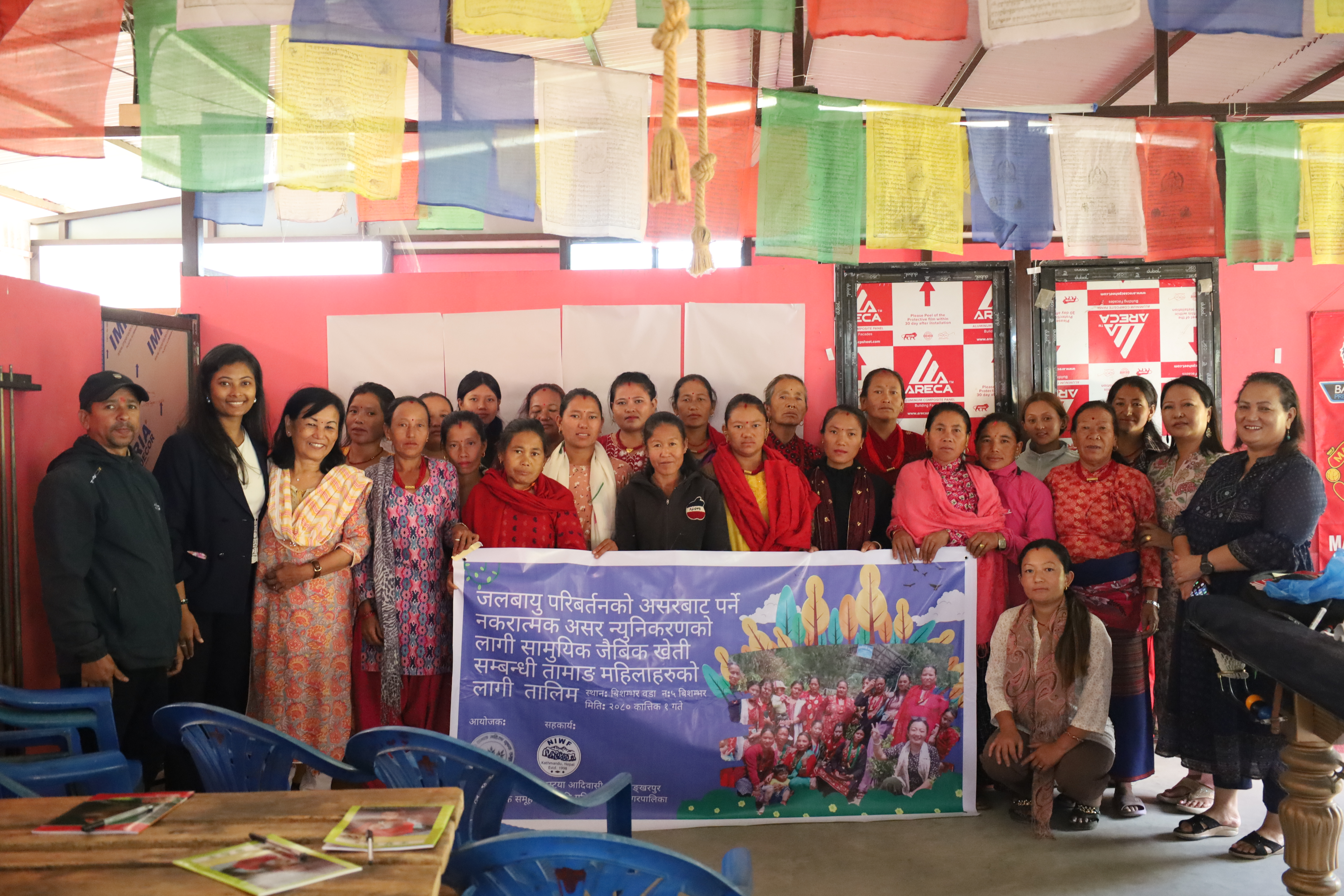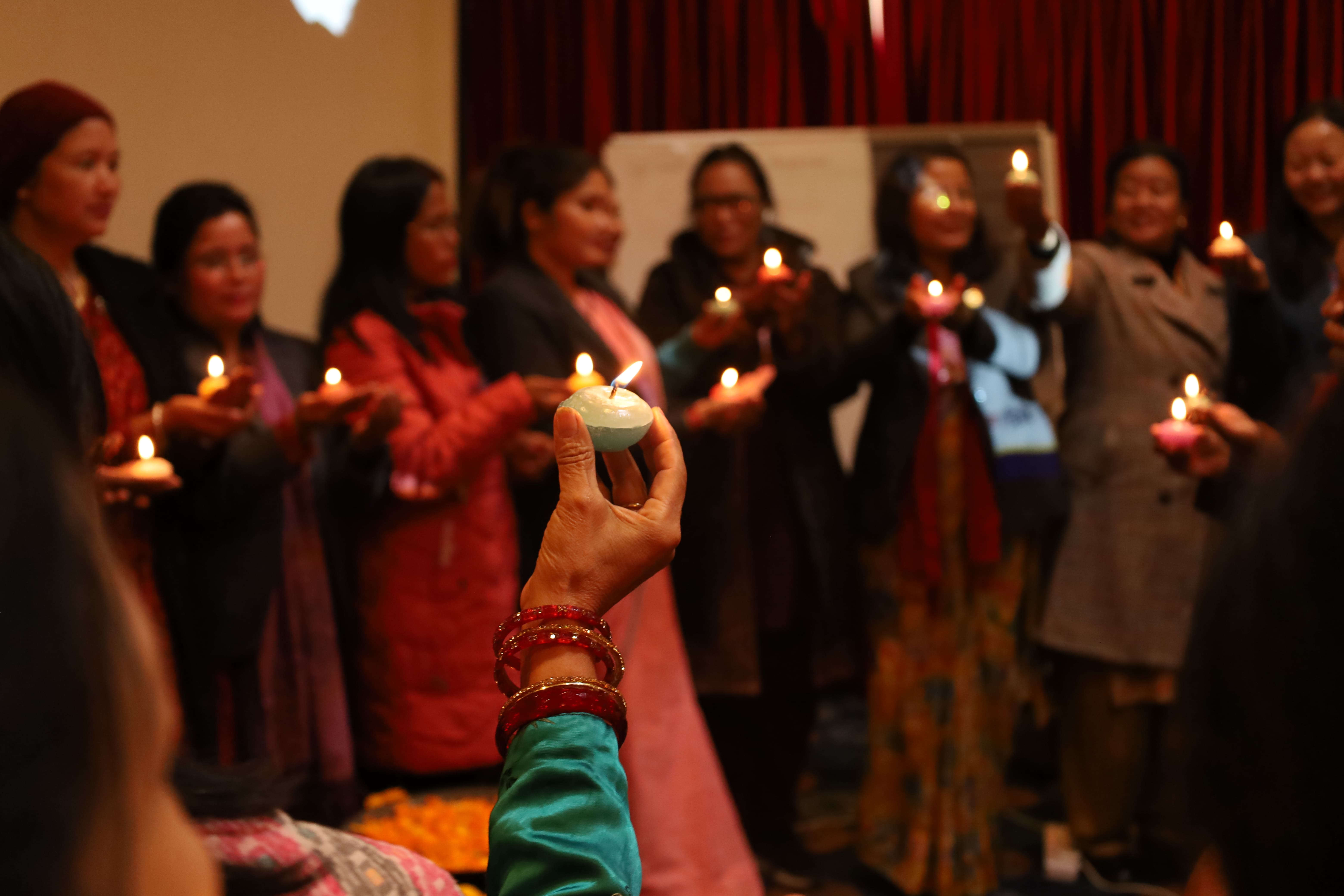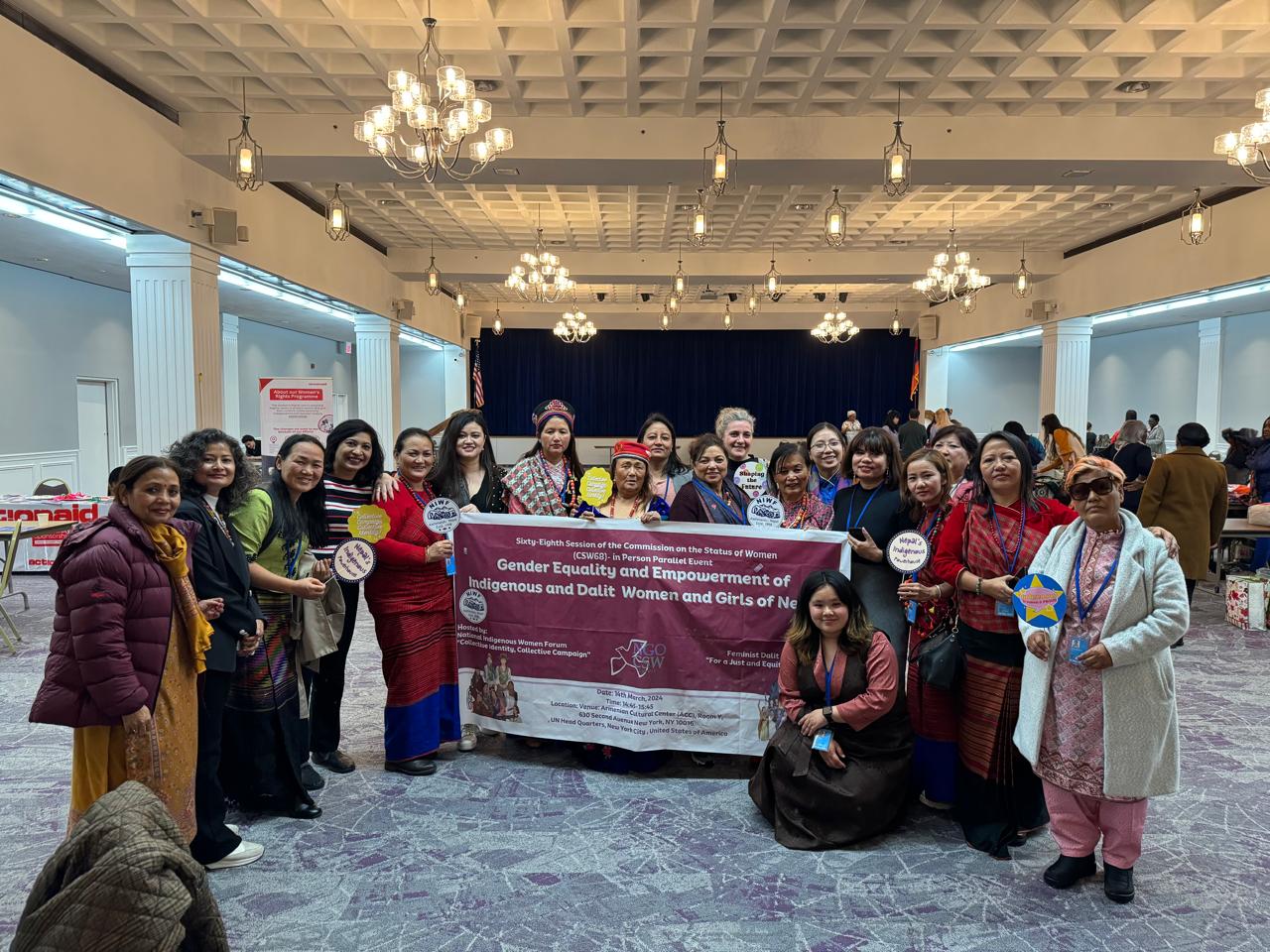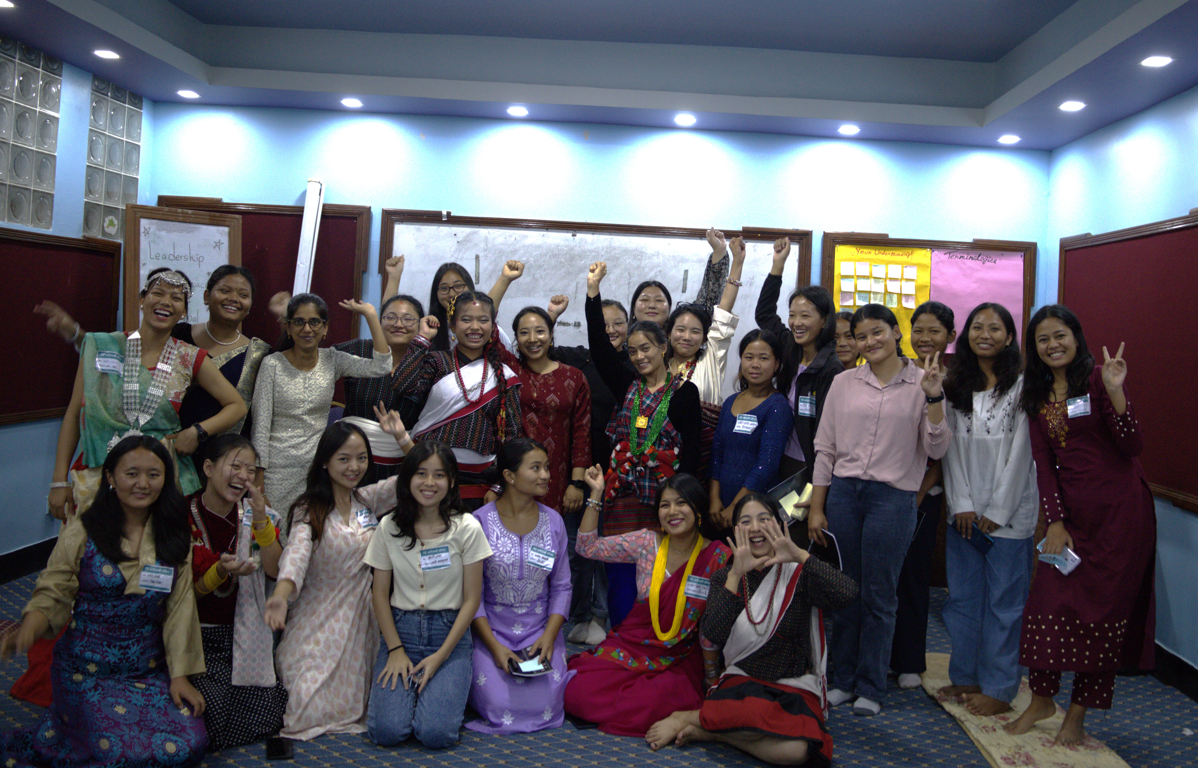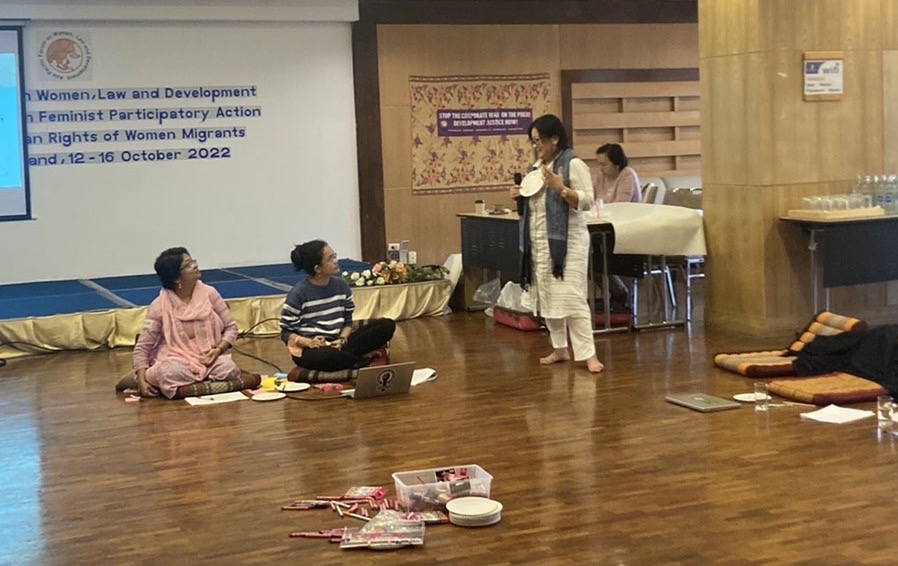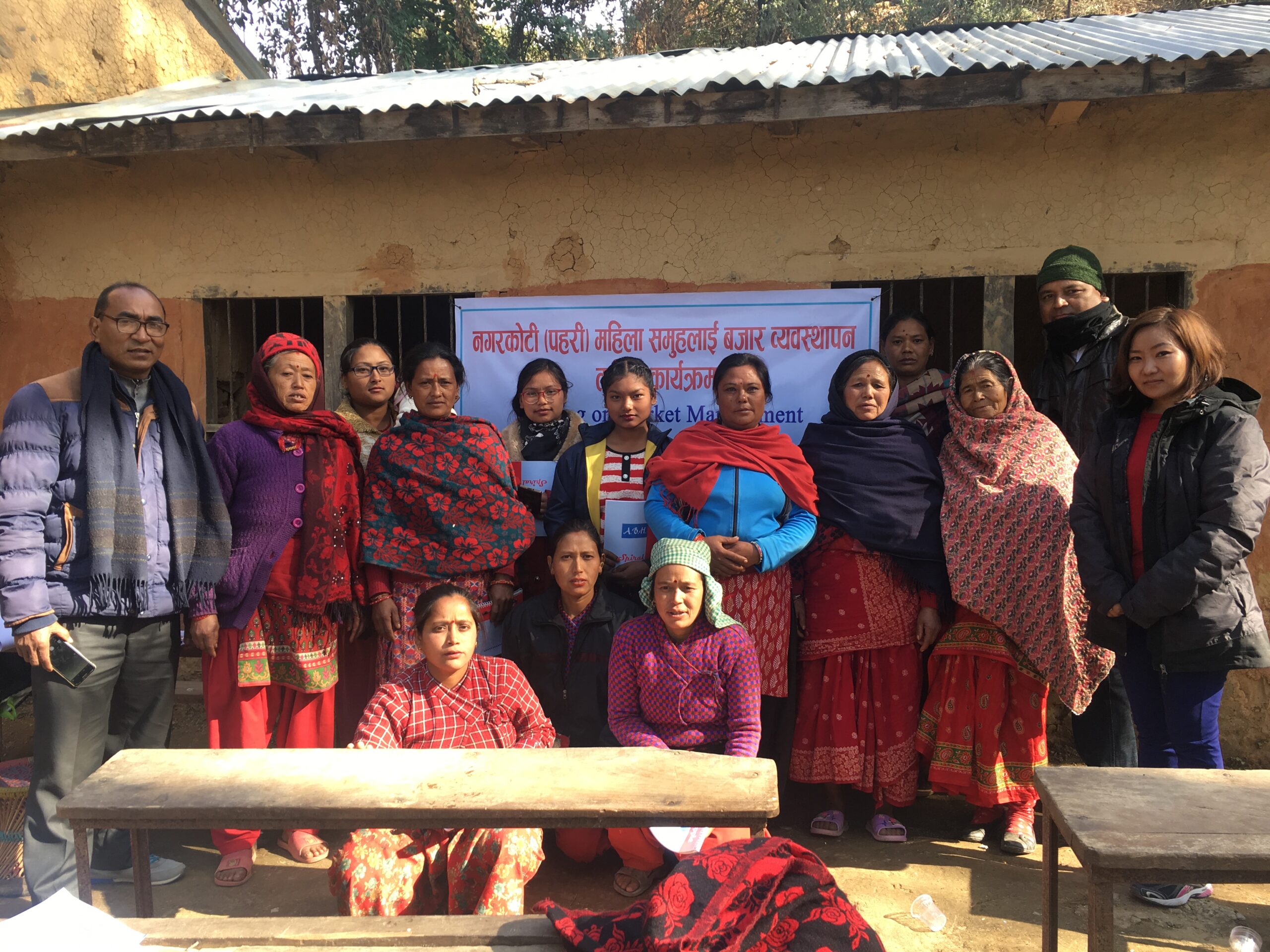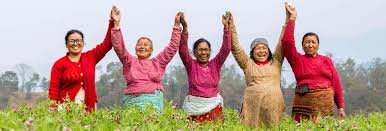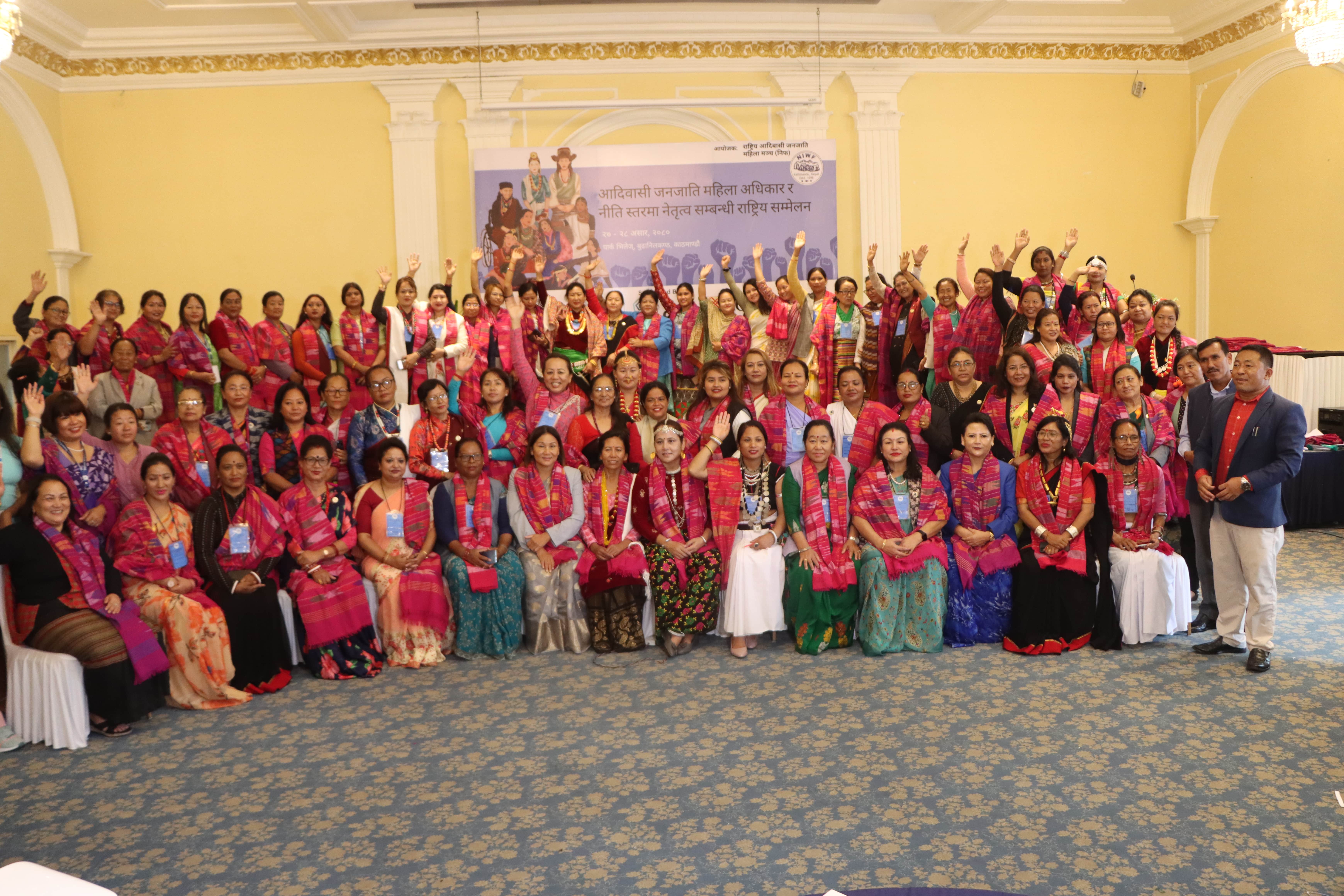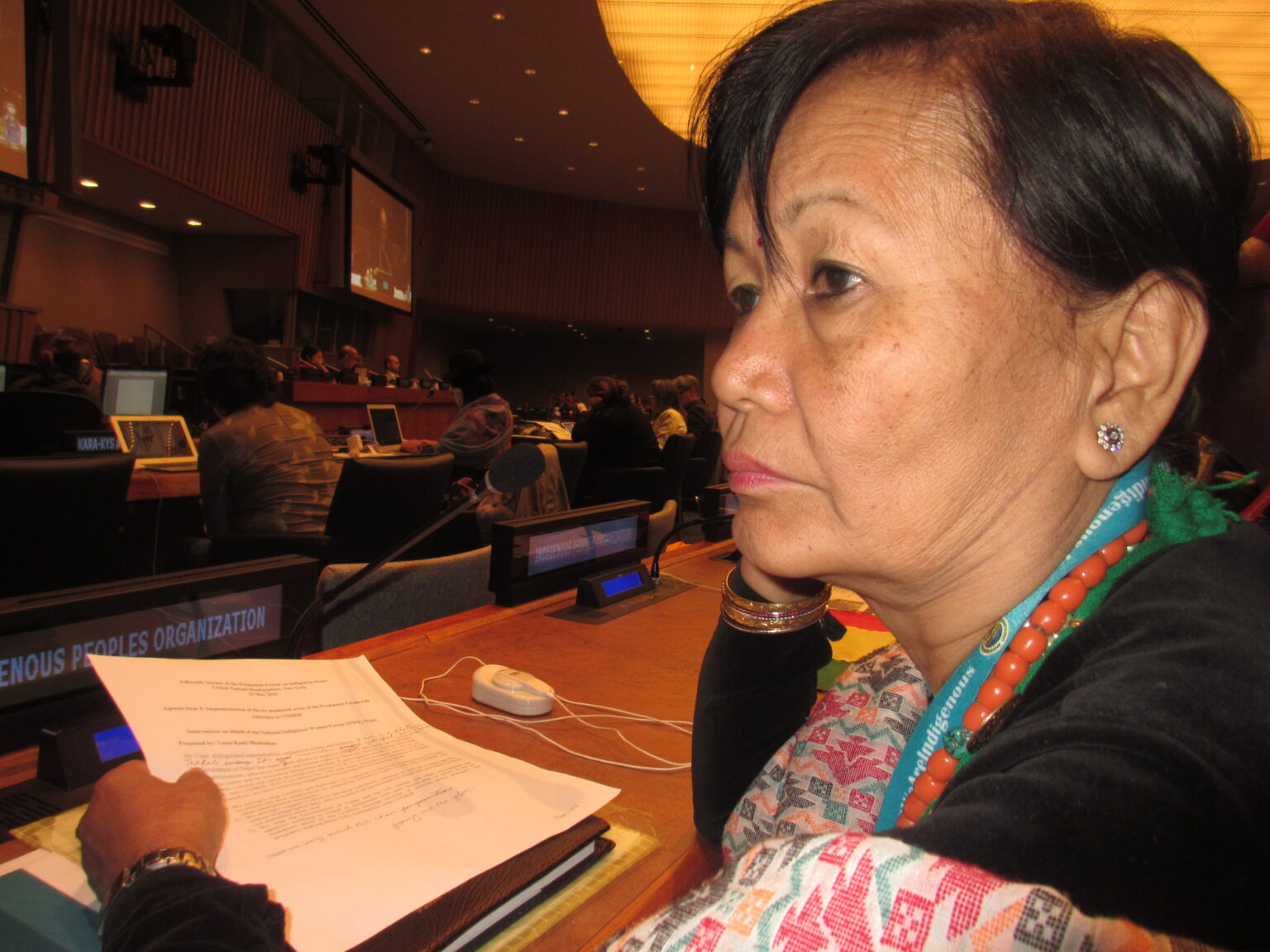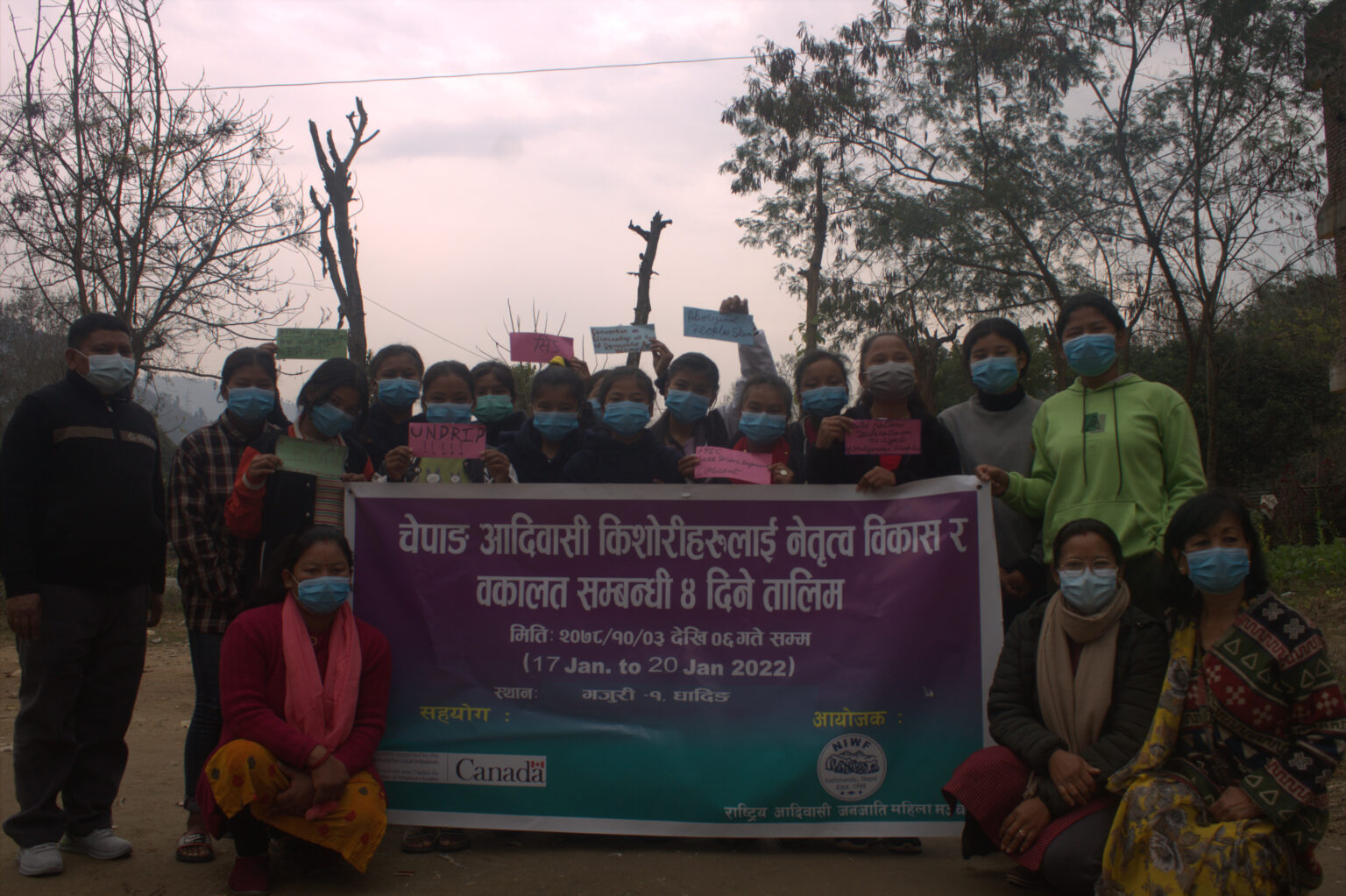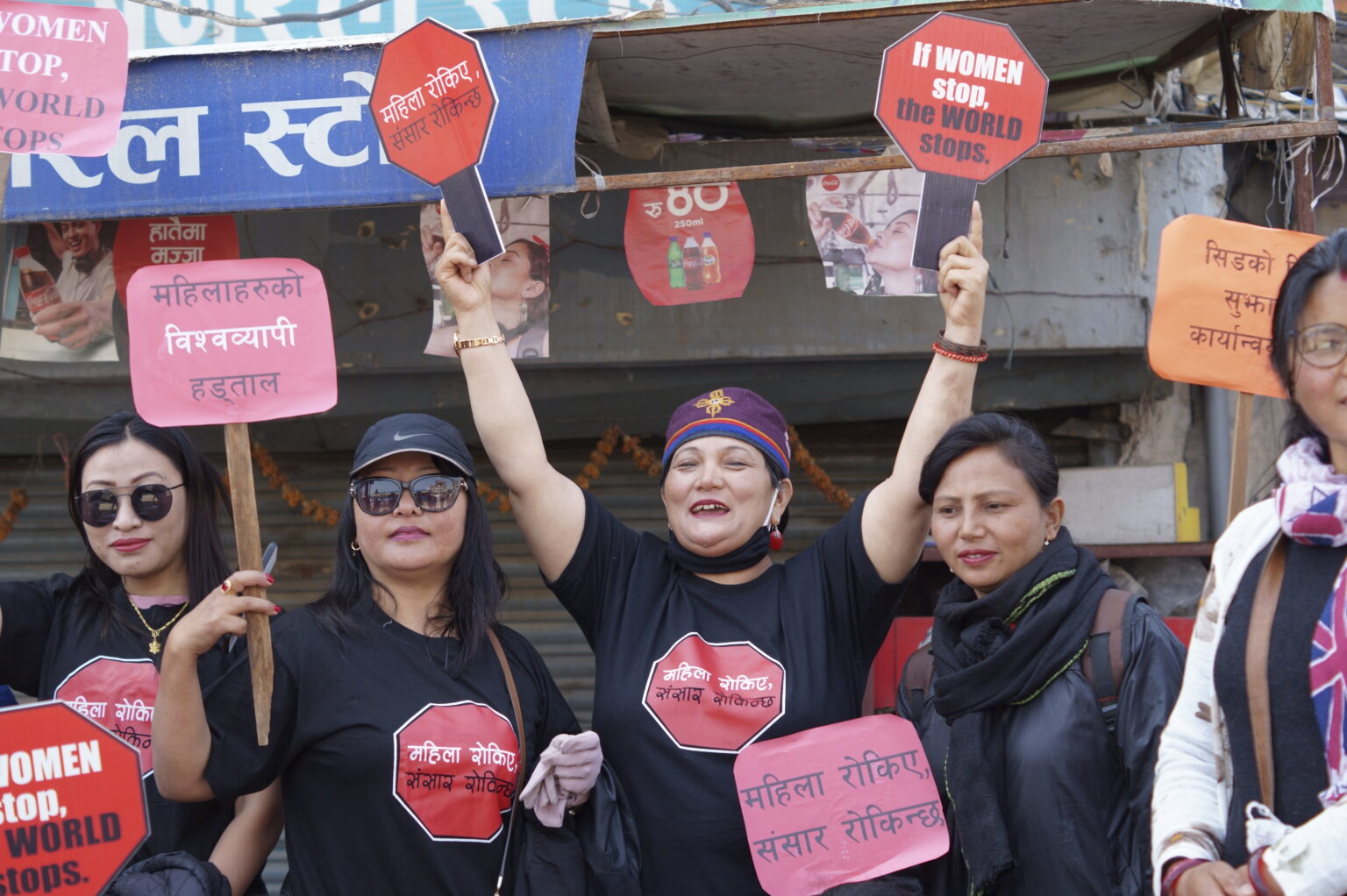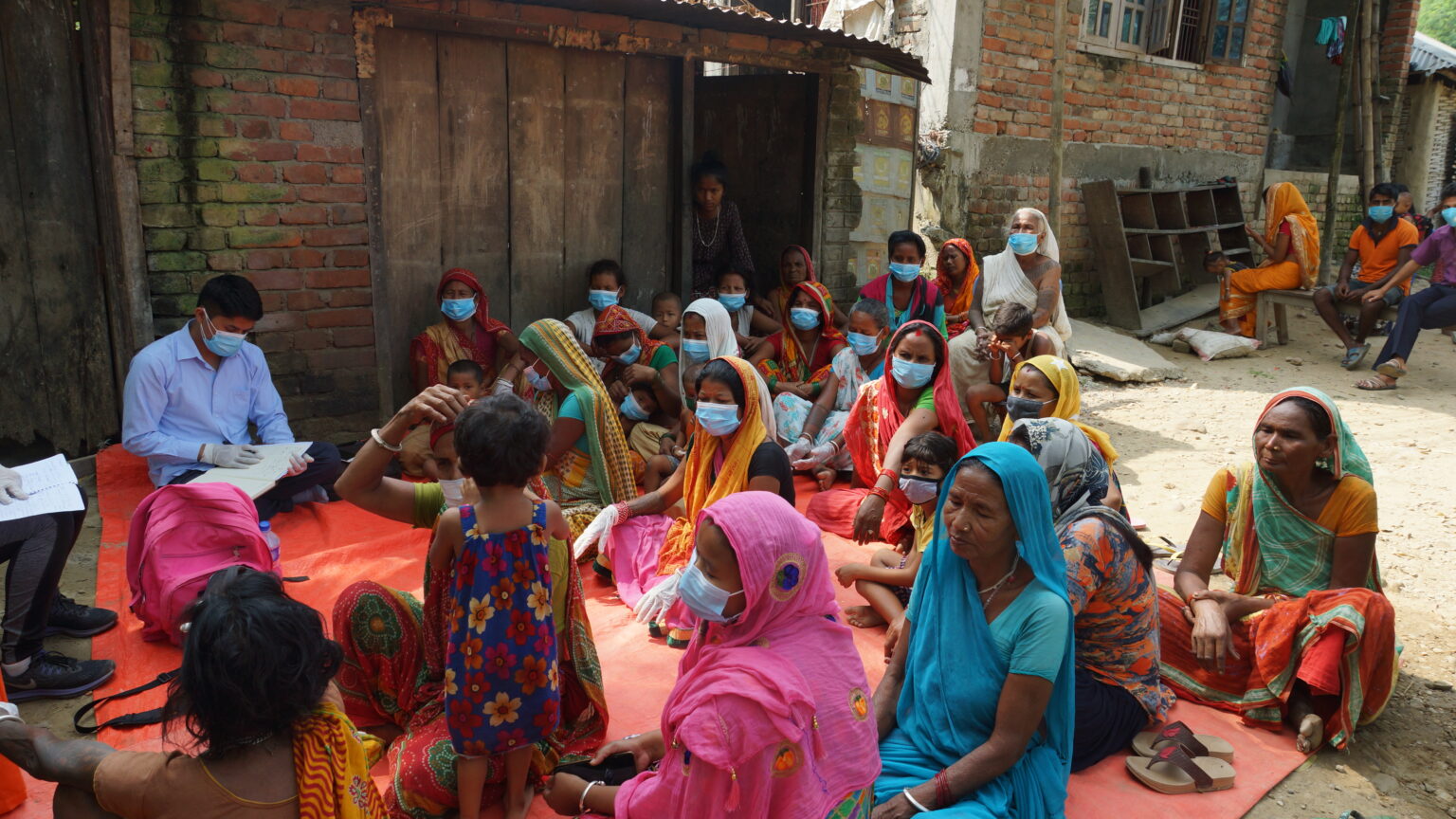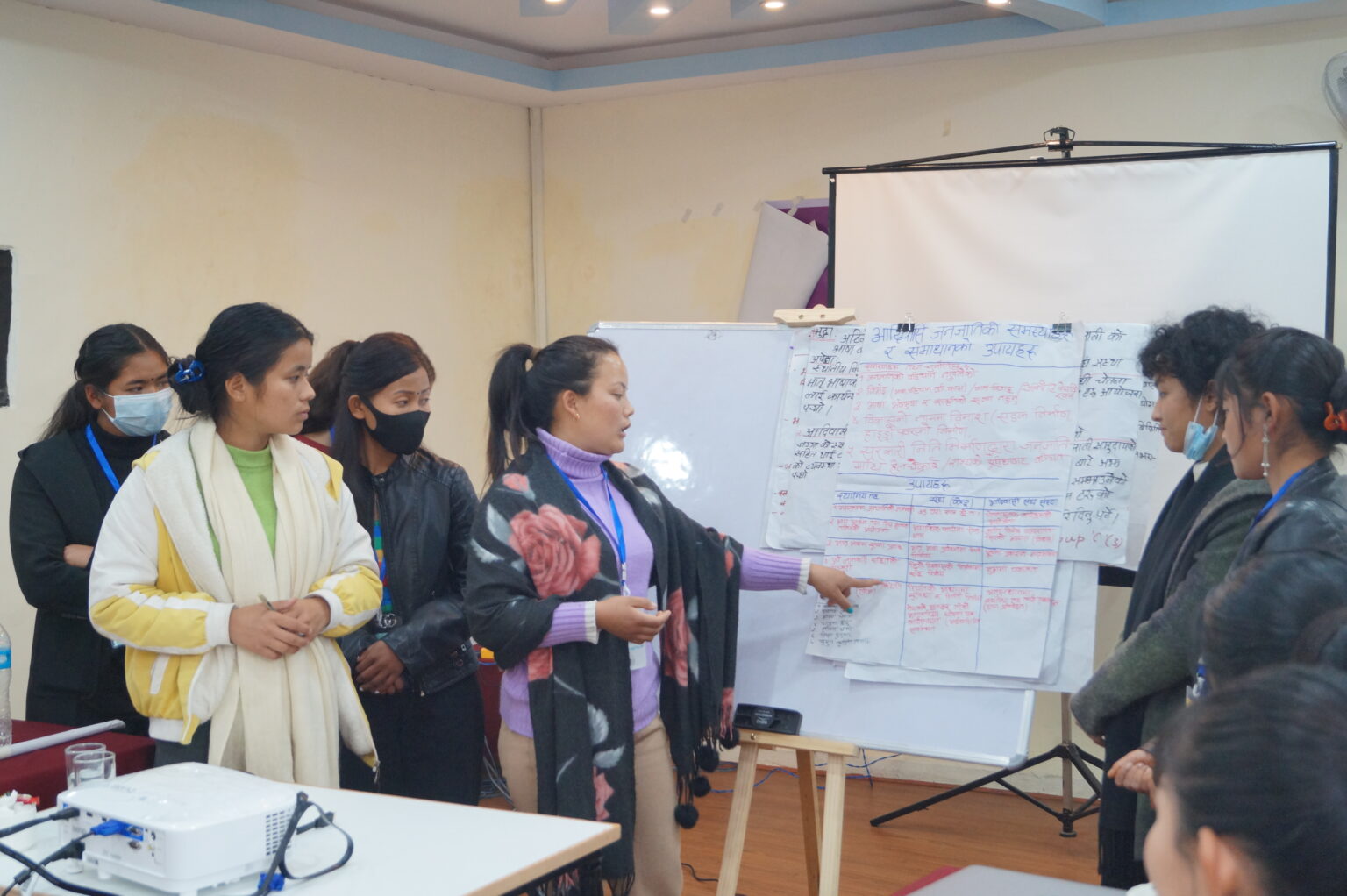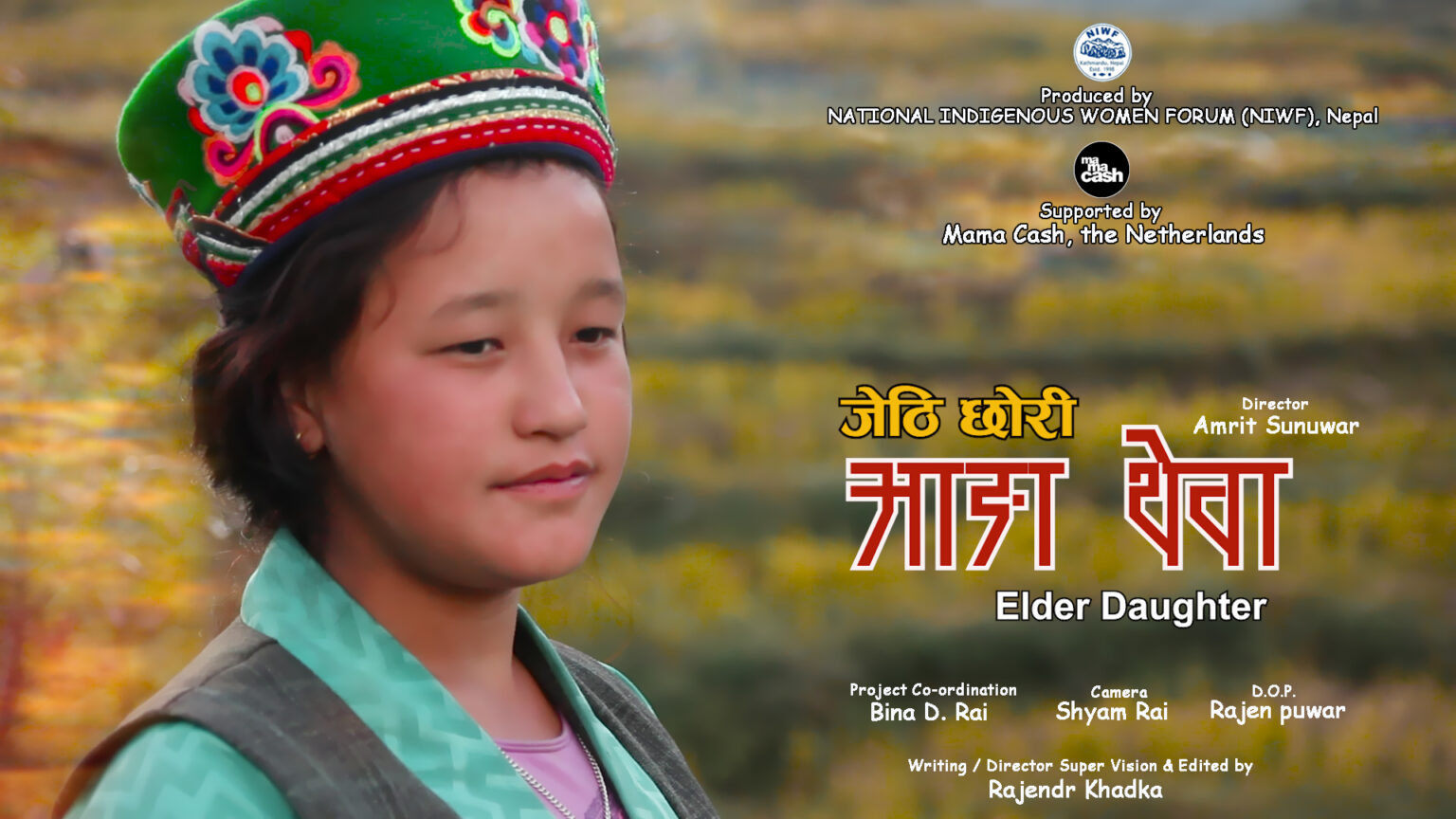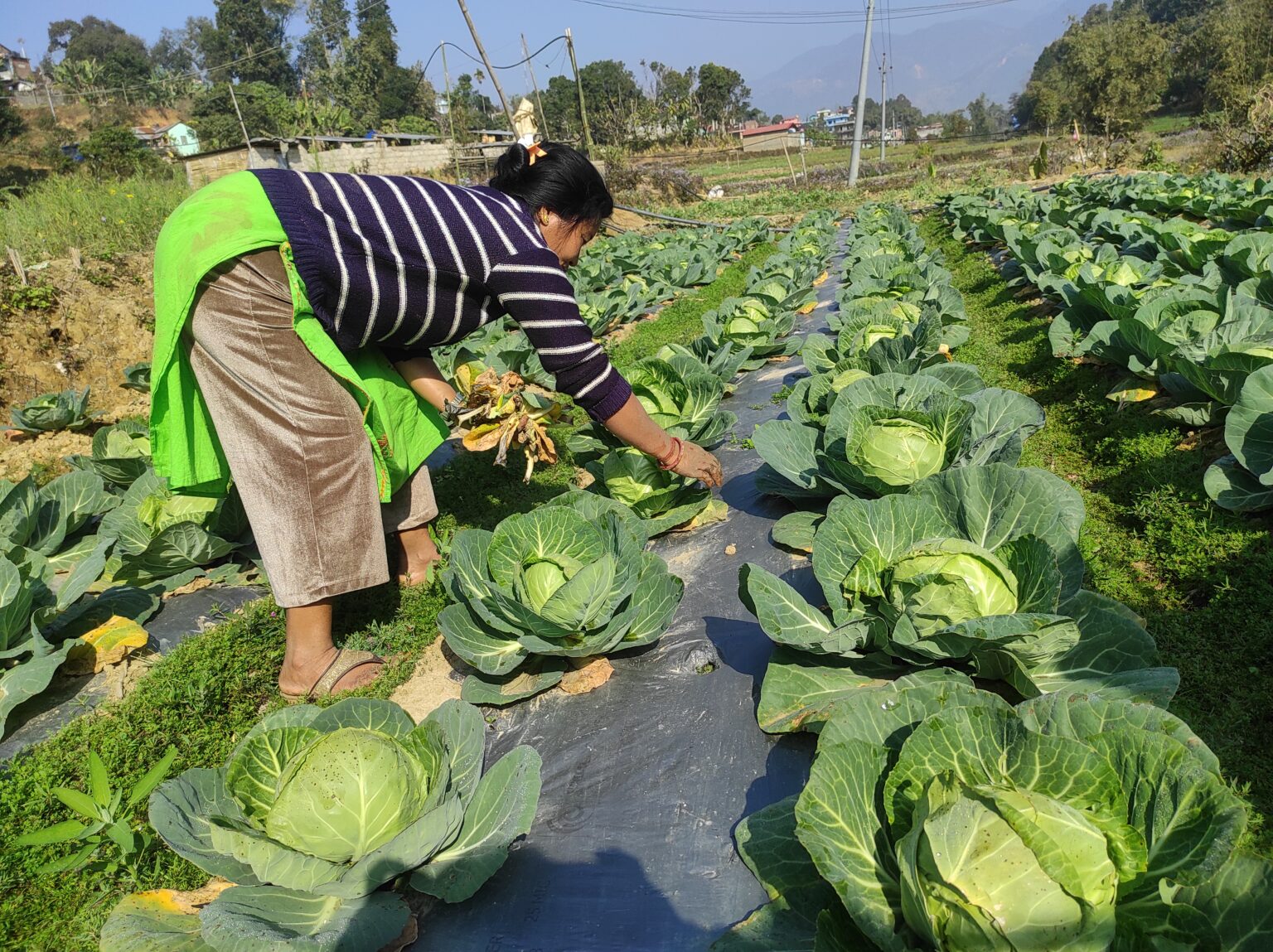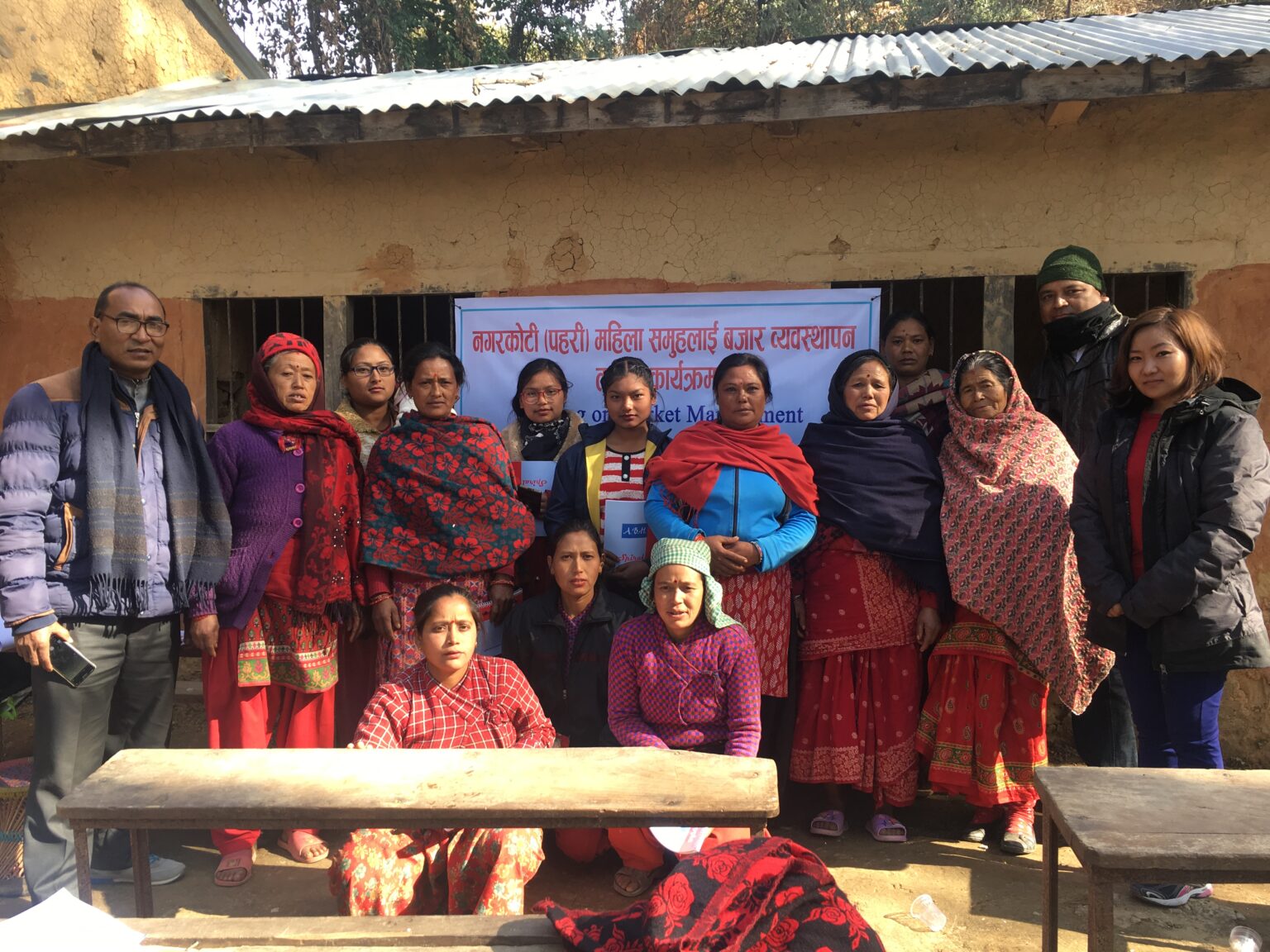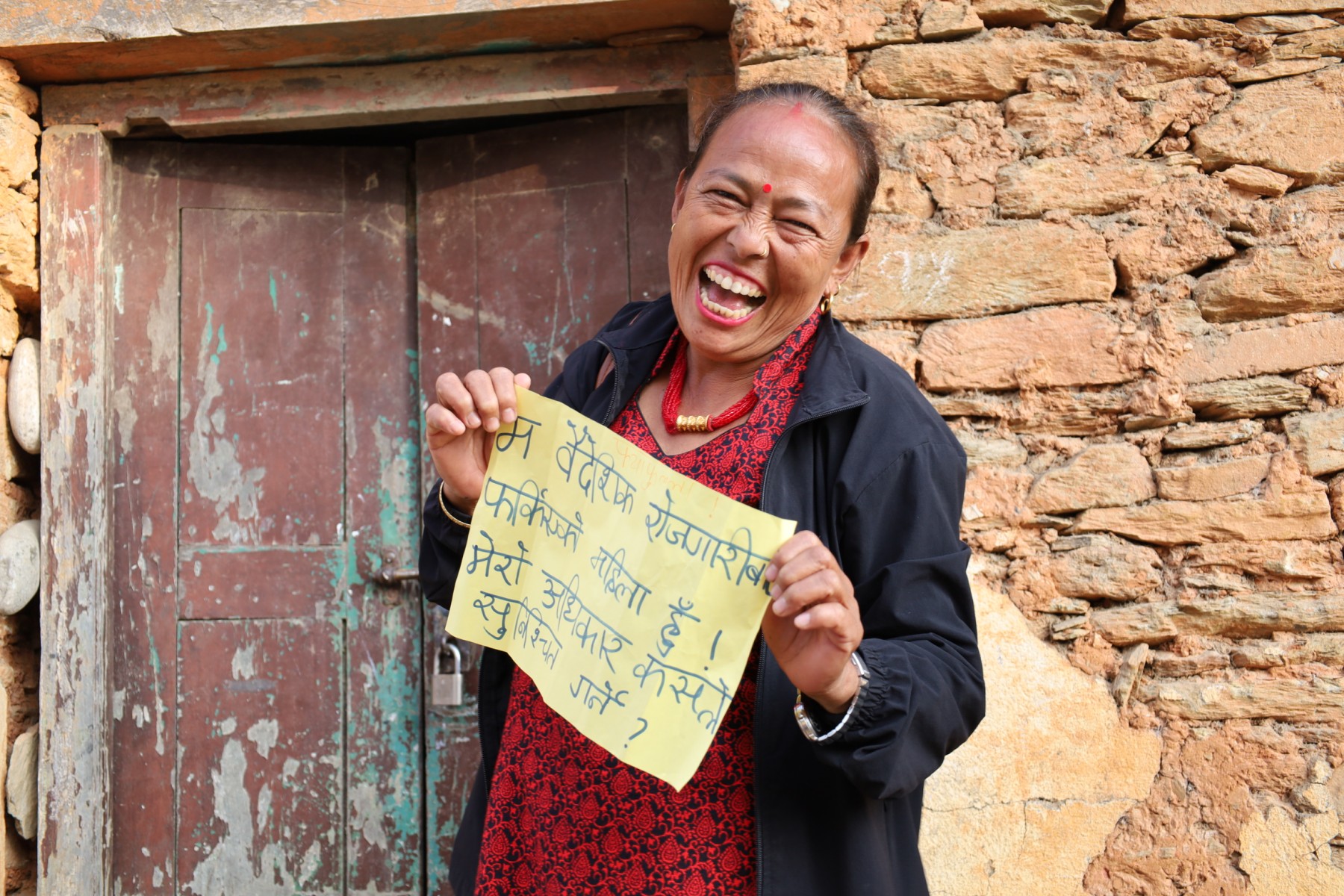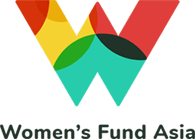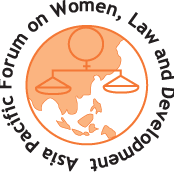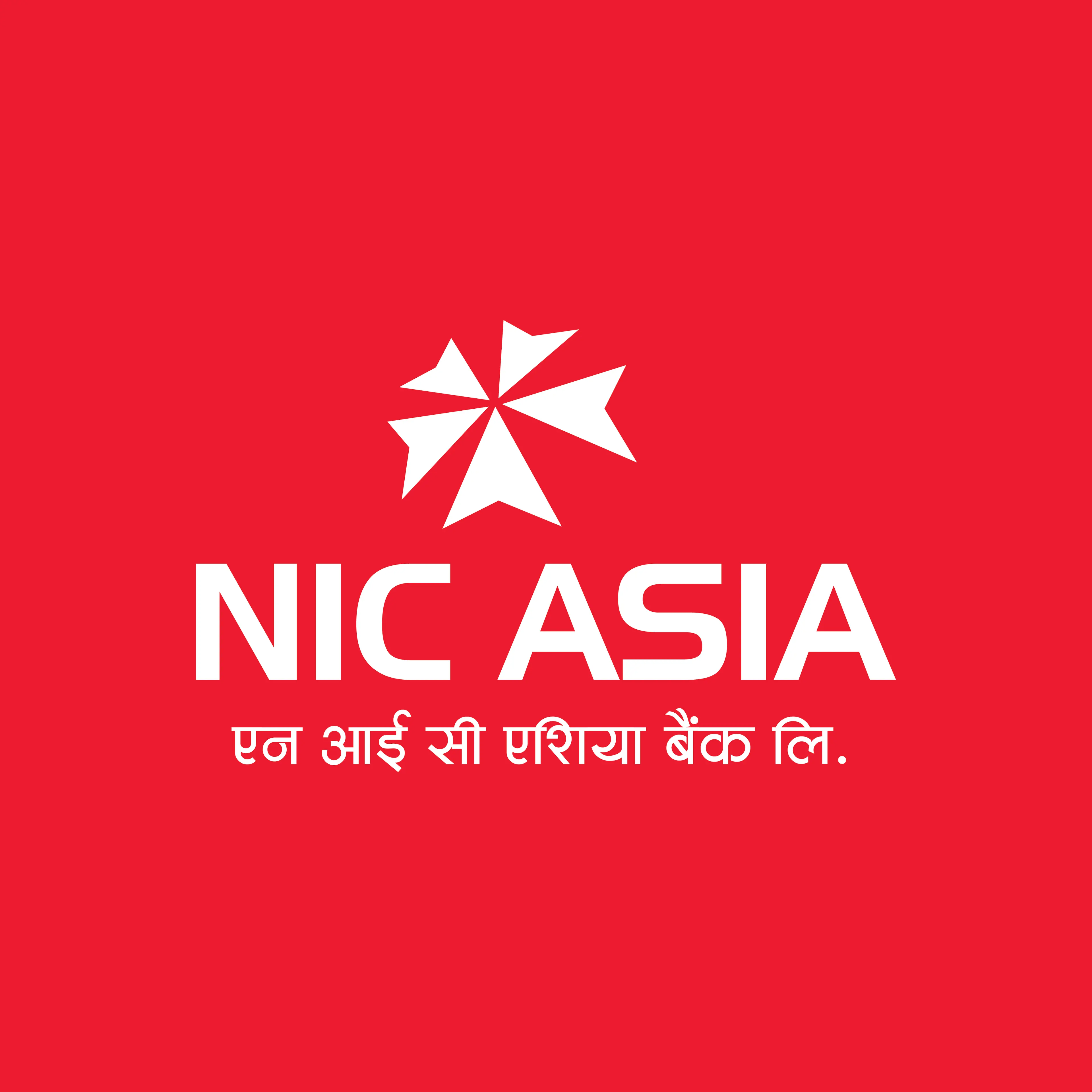Indigenous women of Nepal face multiple forms of discrimination. Indigenous women, being indigenous peoples, face racial, linguistic, religious, cultural, economic, political discrimination and exclusion. Also, indigenous women, being women, face gender discrimination. Thus, indigenous women are victimized by ideologies, policies and practices of Bahunbad (Brahmanism) and patriarchy.
Empowerment and strengthening of indigenous women is a must to end all forms of racial and gender discrimination, exploitation, suppression and oppression against indigenous women. Acceptance of multi-caste and ethnic, multi-lingual, multi-religious and multi-cultural reality of Nepali society by the people’s movement of 1990 has indeed paved a way for non-governmental organizations to contribute for empowerment and strengthening of indigenous peoples, women and other excluded groups and communities. There was growing realization for a need of organized efforts by indigenous women to make development programs for women and indigenous peoples successful, to organize and empower indigenous women from local to national levels on common issues of women, and to work for equity and equality by having common objectives on women’s common issues. It was in this backdrop that the National Indigenous Women Forum (NIWF) was founded in 1998.
There are not only common problems and issues of indigenous women and other women and also of indigenous women and indigenous men but also distinct problems and issues that are unique to indigenous women. Therefore, the National Indigenous Women Forum (NIWF) was established to support and raise awareness of indigenous women, to intensify advocacy for securing rights of indigenous women and indigenous children, and to run programs with focus on advocacy, training, discussion, interaction, study, and research as needed.
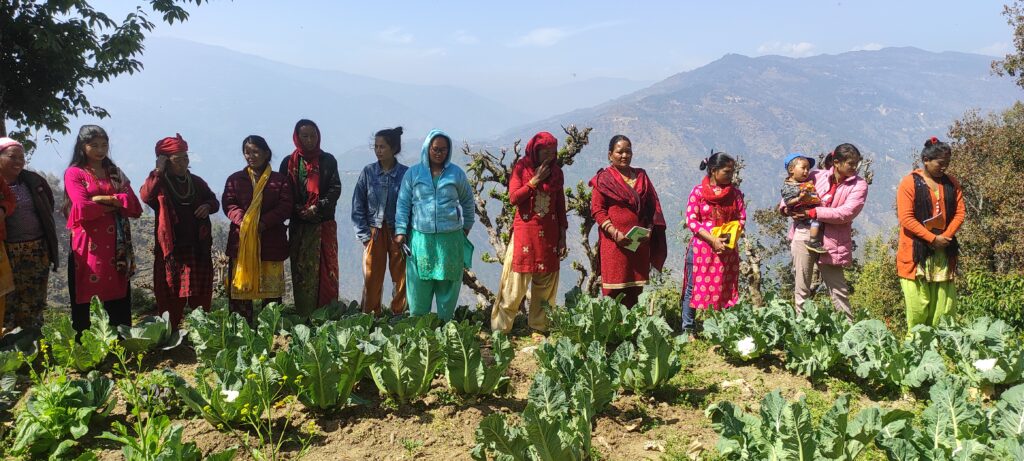
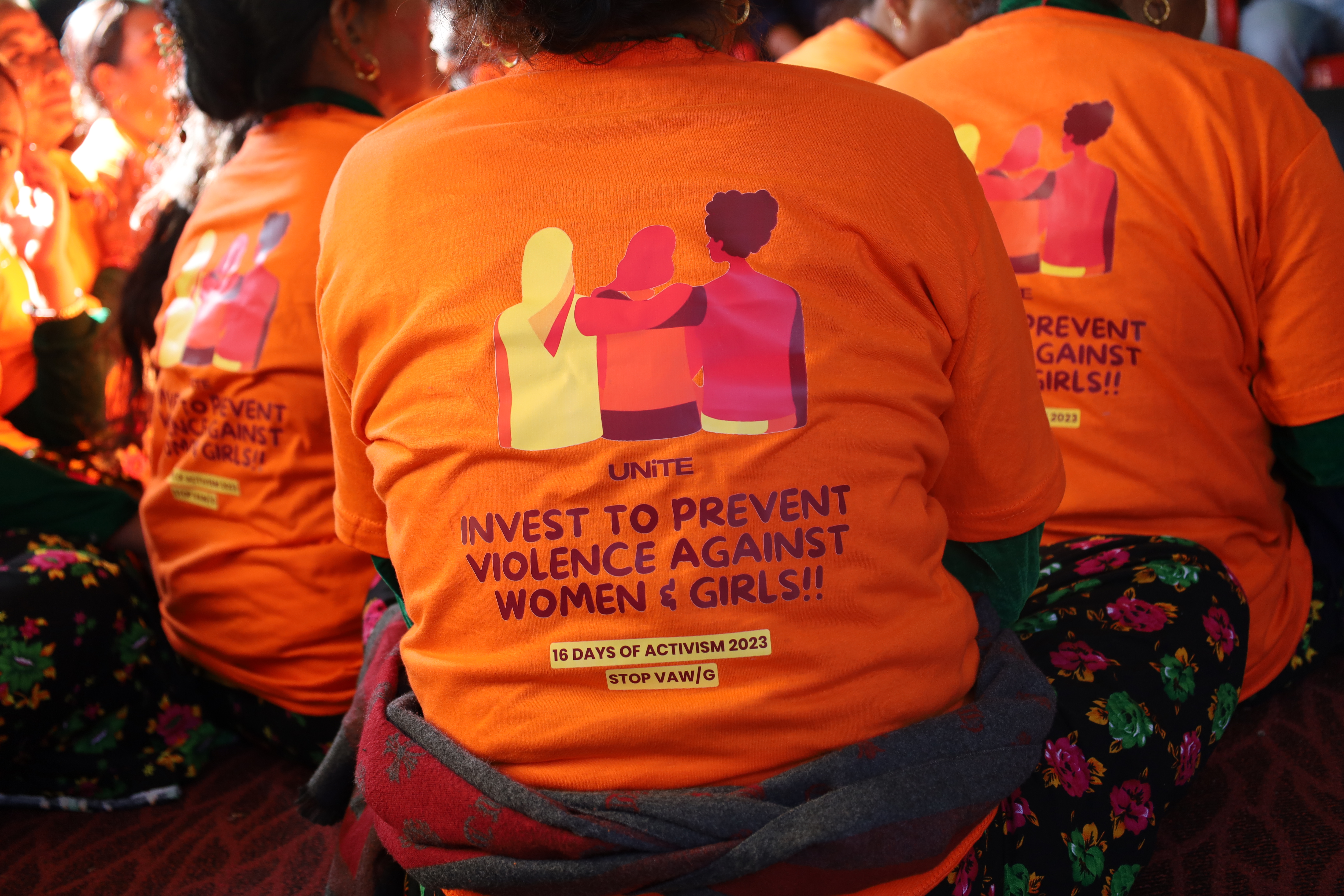
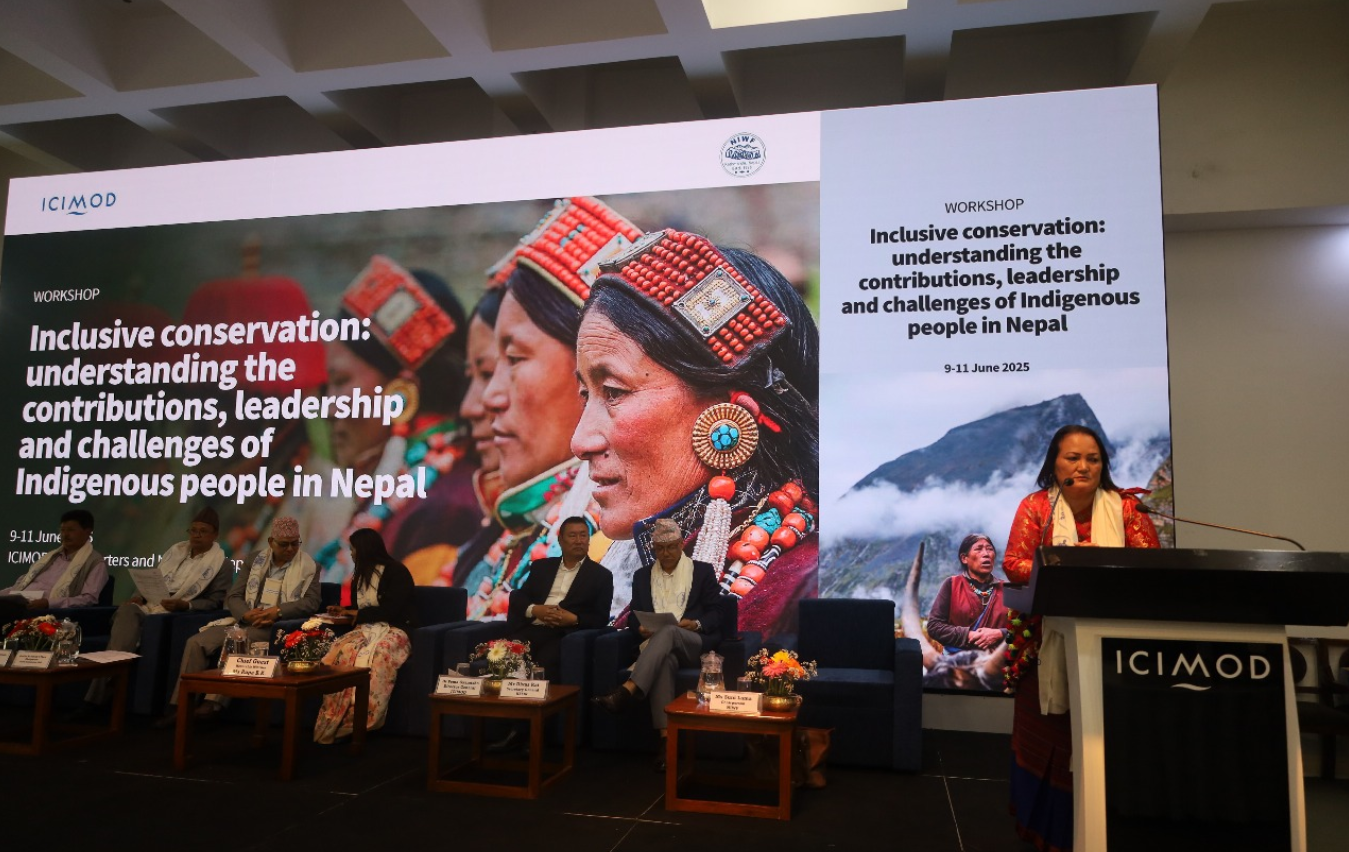
From 9th to 11th June 2025, the International Centre for Integrated Mountain Development (ICIMOD) and the National Indigenous Women Forum (NIWF) jointly organized a workshop titled "Inclusive Conservation: Understanding the Contributions, Leadership, and Challenges of Indigenous Peoples in Nepal." The event was held at ICIMOD Headquarters in Lalitpur and continued at Nagarkot. The workshop's chief guest was Hon. Rupa B.K. State Minister for Forest and Environment, while special guests included Dr. Pema Gyamtsho, Director General of ICIMOD, Hon. Ram Bahadur Thapa Magar of Indigenous Nationalities Commission (INC), Hon. Subodh Singh Tharu of the Tharu Commission; Ms. Suni Lama, Chairperson of NIWF, and Mr. Divas Rai, General Secretary of the Nepal Federation of Indigenous Nationalities (NEFIN).
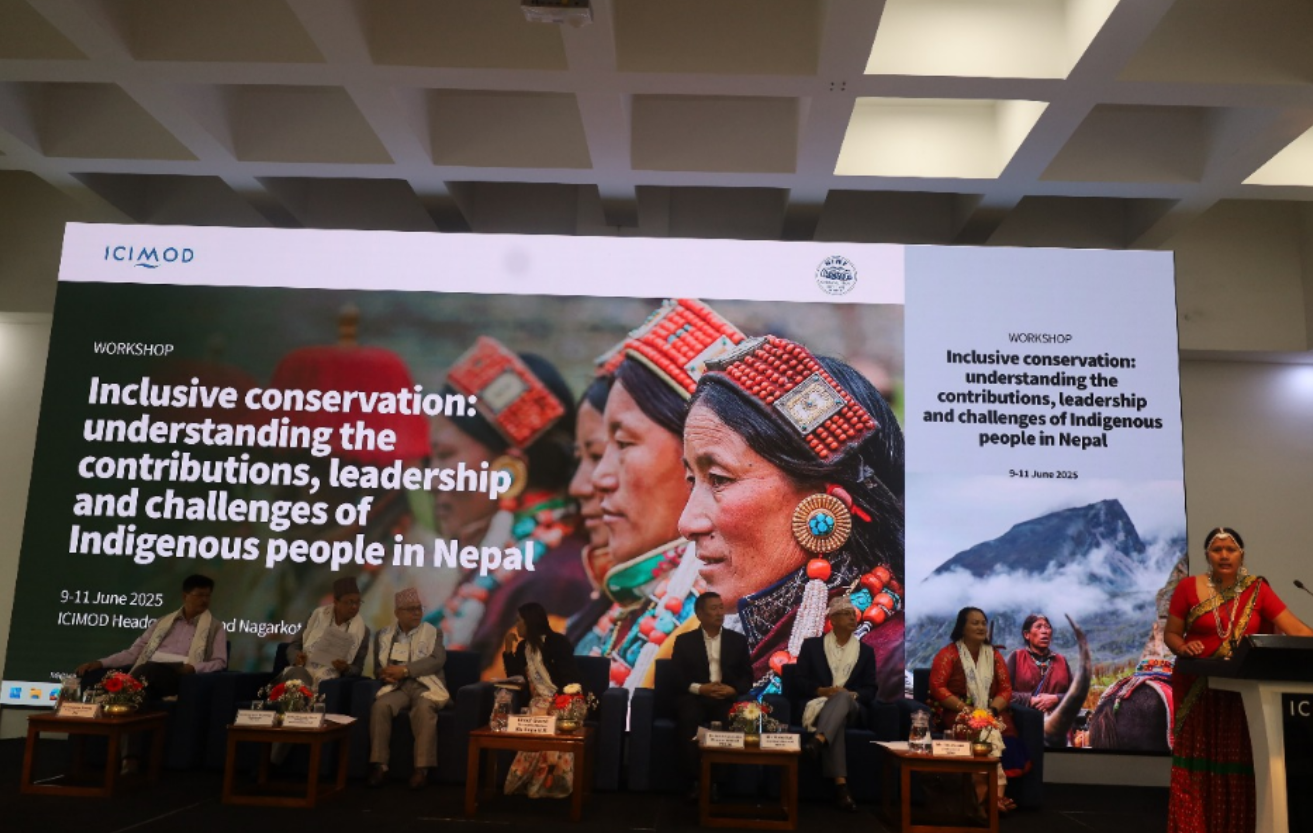
The workshop brought together a diverse group of participants and representatives from key Indigenous and civil society organizations, including: NIWFederation, INWOLAG, NIDA, LAHURNIP, FIKA, YFIN, Limi Youth Society, ICCA Network Nepal, FKDF, NFDIN, Maiti Nepal, CIPRED, Tharu Kalyankari Sabha, Sana Udhyog, Tharu Mahila Sabha, NAST and Sunuwar Samaj Sewa.
Key thematic areas covered during the program included:
- Target 3 of Nepal’s National Biodiversity Strategy and Action Plan (NBSAP)
- OECM (Other Effective Area-Based Conservation Measures)
- Indigenous and Traditional Territories (ITT)
- Indigenous and Community Conserved Areas (ICCA)
This workshop served as an important platform to highlight the crucial role of Indigenous Peoples in biodiversity conservation, recognize their traditional knowledge and stewardship practices, and strengthen their leadership in policy-level conservation efforts in Nepal.
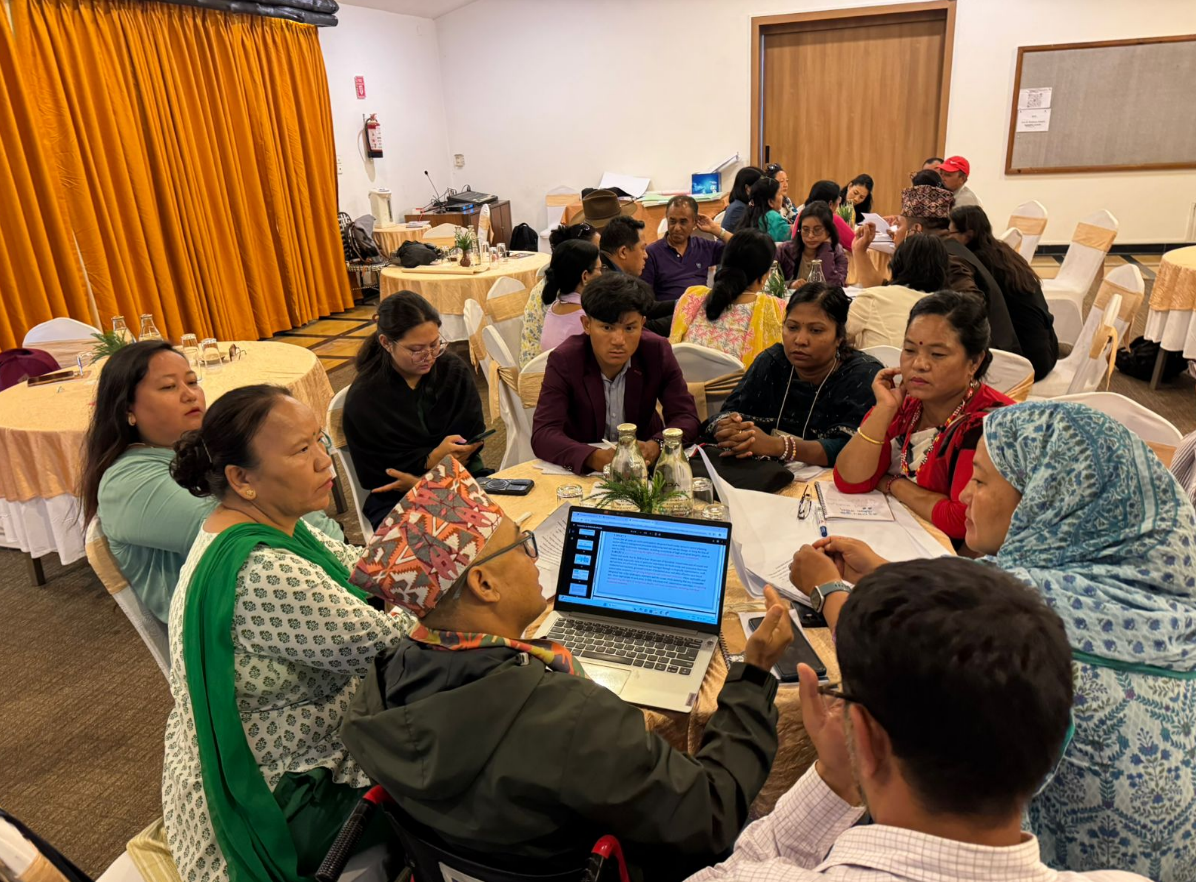
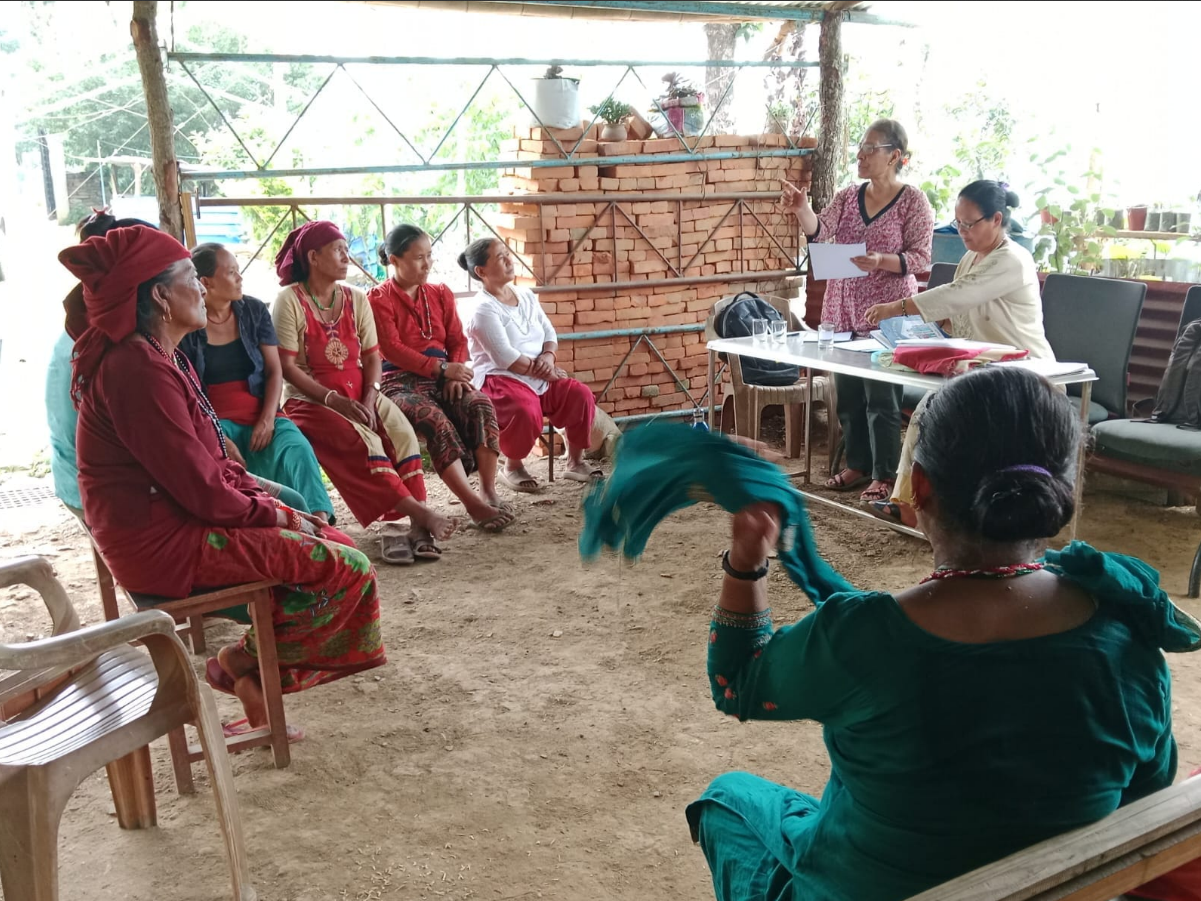
Climate Leadership and Action for Indigenous Women in Nepal is a project implemented by Salasan Consulting Inc. in partnership with the Centre for Indigenous Environmental Resources (CIER), through Salasan Nepal in collaboration with the National Indigenous Women Forum (NIWF). The project aims to build the capacity of 50 Indigenous women leaders from 25 Indigenous climate groups, reaching a total of 750 women across four rural municipalities in the Kavrepalanchok and Sindhupalchok districts. To date, the project has strengthened the knowledge and skills of Indigenous women in the target areas, particularly around climate issues affecting their communities. As the project moves through its implementation phase, the 25 Indigenous climate groups have developed 25 climate adaptation project. This initiative is funded by the Government of Canada to address climate-related challenges in the midhill areas of Nepal.
Salasan Nepal conducted a field visit to Kavrepalanchok and Sindhupalchok districts from June 11 to 13, 2025, and signed agreements with 25 CLAN groups.
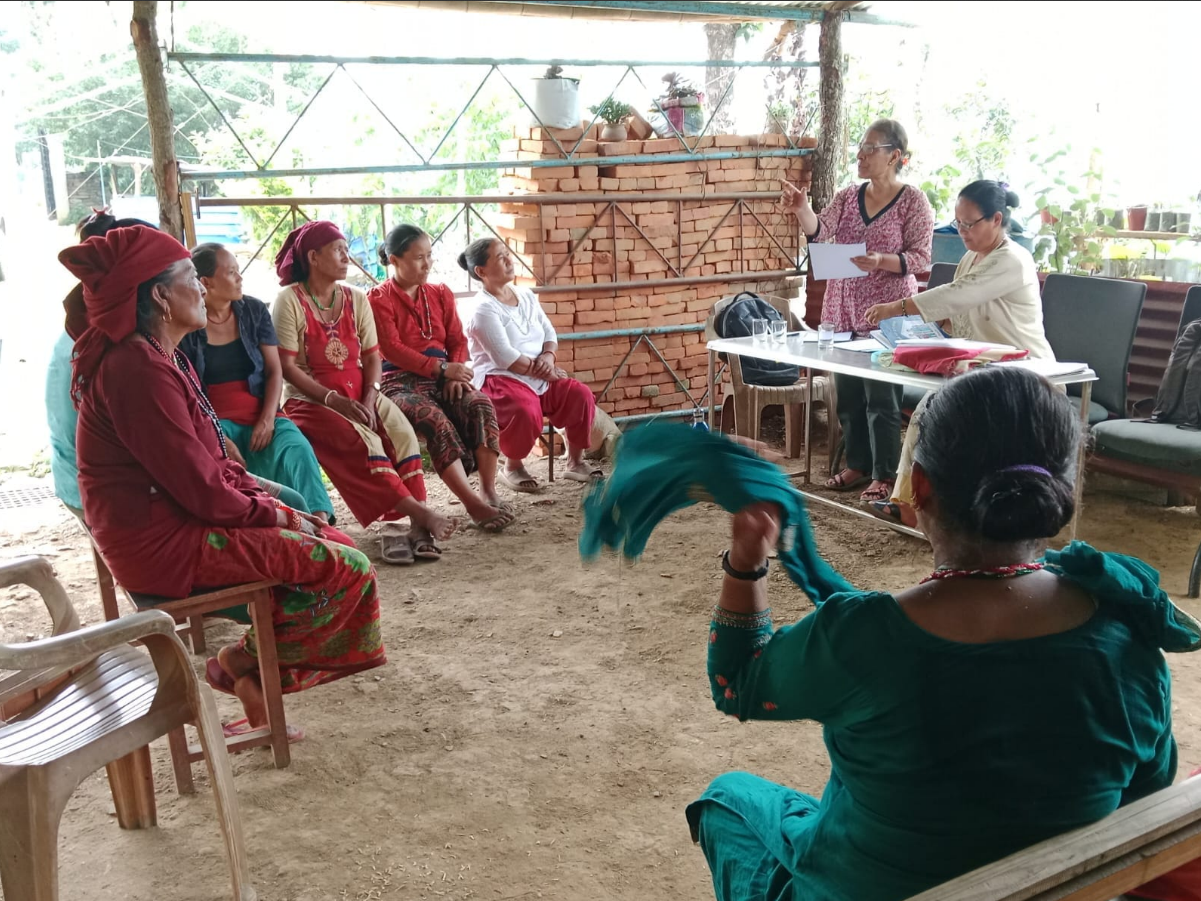
The Innovative Project Grant Fund has been
specifically designed by the 25 climate groups to address the emerging
climate-related issues affecting their communities and daily lives. Each
proposal under the fund targets a range of pressing environmental challenges,
including:
- Landslide
and flood management
- Conservation
and management of water resources
- Livestock
health management, and
- Plantation
of fruit and multipurpose tree species on abandoned farmlands
To irrigate agriculture land 4 climate groups have adopted the construction of rainwater harvesting ponds and tanks. In addition, the project promotes the use of Indigenous skills, knowledge, and practices to conserve and revitalize traditional ecological wisdom in the project areas. This approach not only enhances climate adaptation but also preserves cultural heritage.
The locally developed projects are expected to help address the climate challenges identified by each group. By implementing their own solutions, communities are empowered to benefit directly from the outcomes. Climate change has already significantly affected the project area, particularly through declining agricultural productivity. This has resulted in longer periods of food insecurity (hunger months) and has forced many to migrate both internally and abroad in search of livelihoods.
Male migration, in particular, has led to increased
workloads for women, reducing their participation in decision-making roles
within community groups and project committees. While the absence of men has,
in some cases, increased women's responsibilities and mobility leading to
greater empowerment it has also made them more vulnerable, especially during
overnight stays and solo travel.
To combat these challenges, the project promotes:
- Increased
agricultural production through promotion of organic liquid insectisite
using locally available herbs.
- The
preservation of traditional knowledge and skills through use of locally
available resources and plantation of local speciesism
- Improved
animal health services
- The
adoption of diversified farming practices on previously abandoned
or underused lands
These measures aim to strengthen community resilience, especially in the face of ongoing climate impacts and widespread migration.
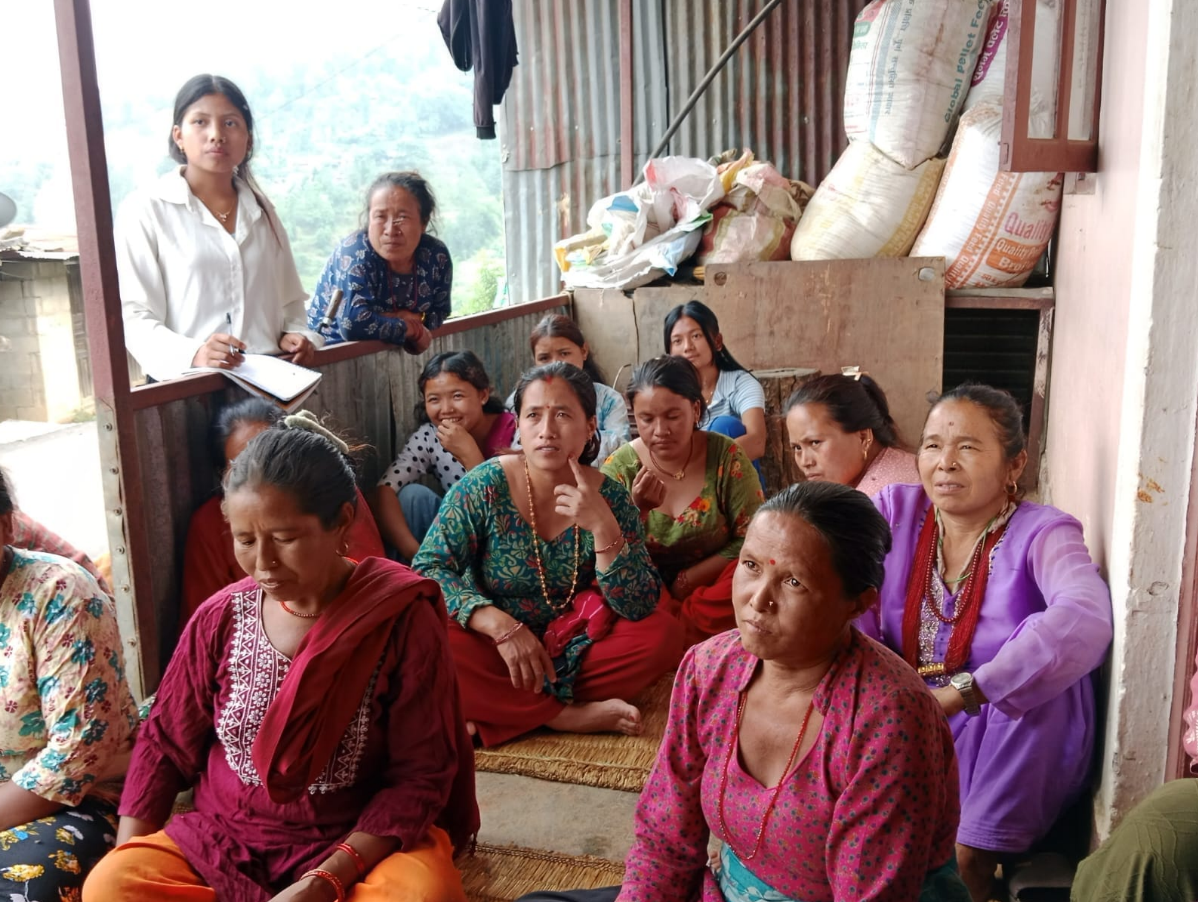

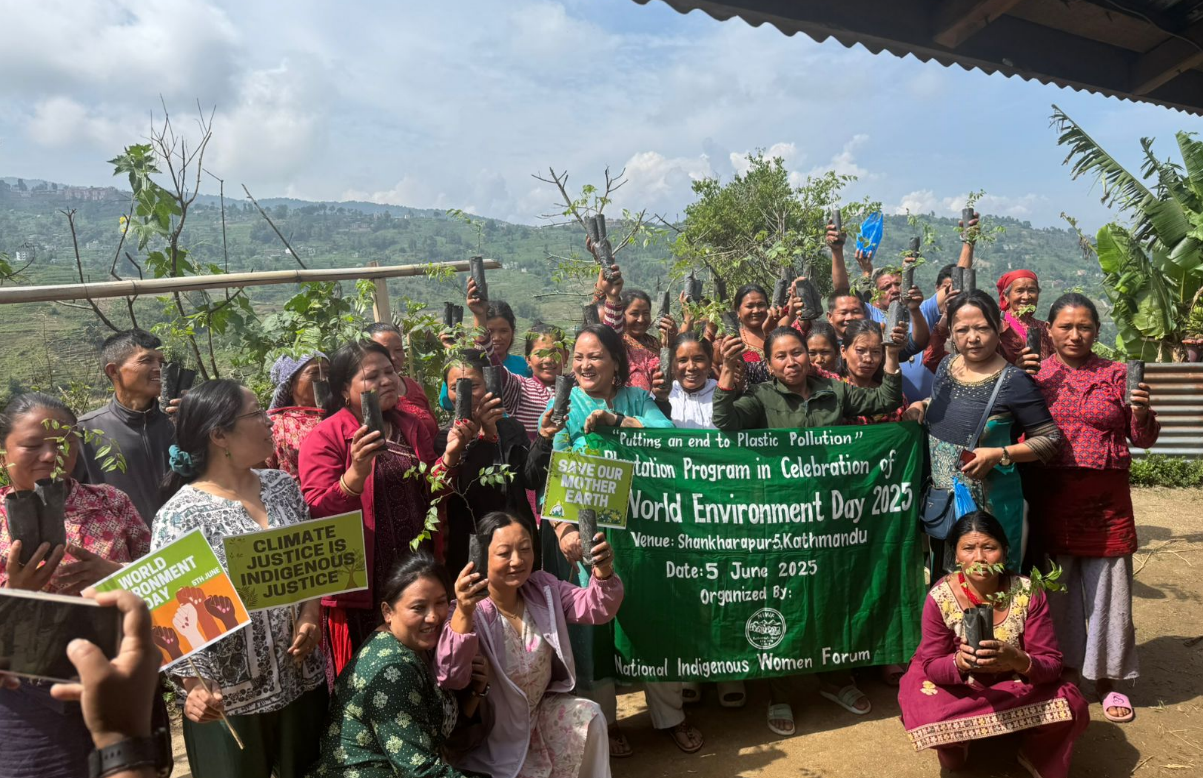
In celebration of World Environment Day 2025, the National Indigenous Women Forum (NIWF) successfully organized a community-level event in Bishambhara, Shankharapur Municipality, Kathmandu under the global theme "Beat Plastic Pollution." The objective of the program was to raise awareness about environmental protection and highlight the importance of reducing plastic pollution, especially in rural and Indigenous communities. The event engaged 27 Tamang women farmers from the local Bishambhara Tamang Women Farmers' Group, promoting their role as stewards of sustainable agricultural practices and environmental conservation. As part of the celebration, Bodhi seed malas (Buddha chitta) were distributed to all participating women, symbolizing peace, awareness, and a spiritual connection to nature. This activity was supported through funding from Mama Cash.
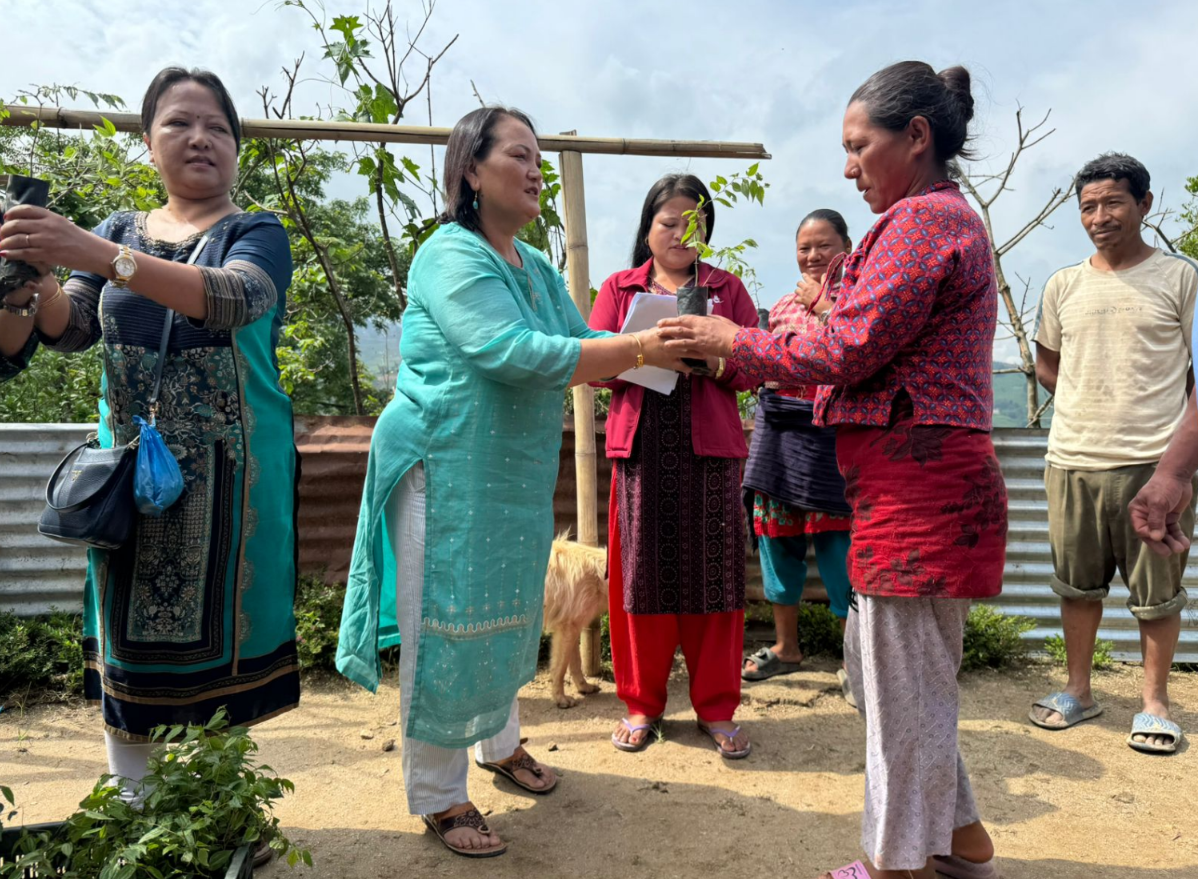
The program was graced by the presence of Ms. Suni Lama, Chairperson of NIWF, Ms. Sushila Maya Gole, Treasurer, Ms. Puja Shrestha, Team Leader, Ms. Anju Gurung, Program Officer, Ms. Sanila Lama, Field Coordinator, Ms. Kavita Magar, Intern, as well as Ms. Junta Tamang, Chairperson of the Bishambhara Tamang Women’s Group, and other members of the group.
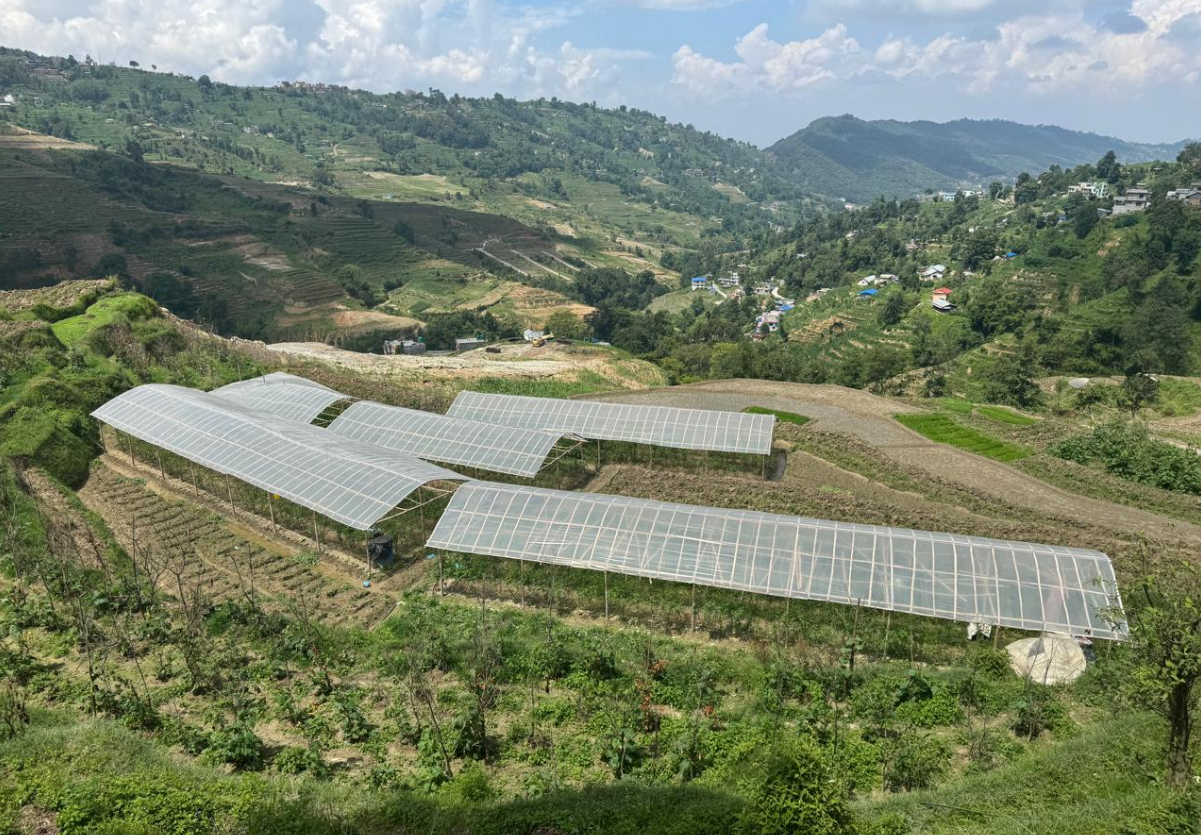
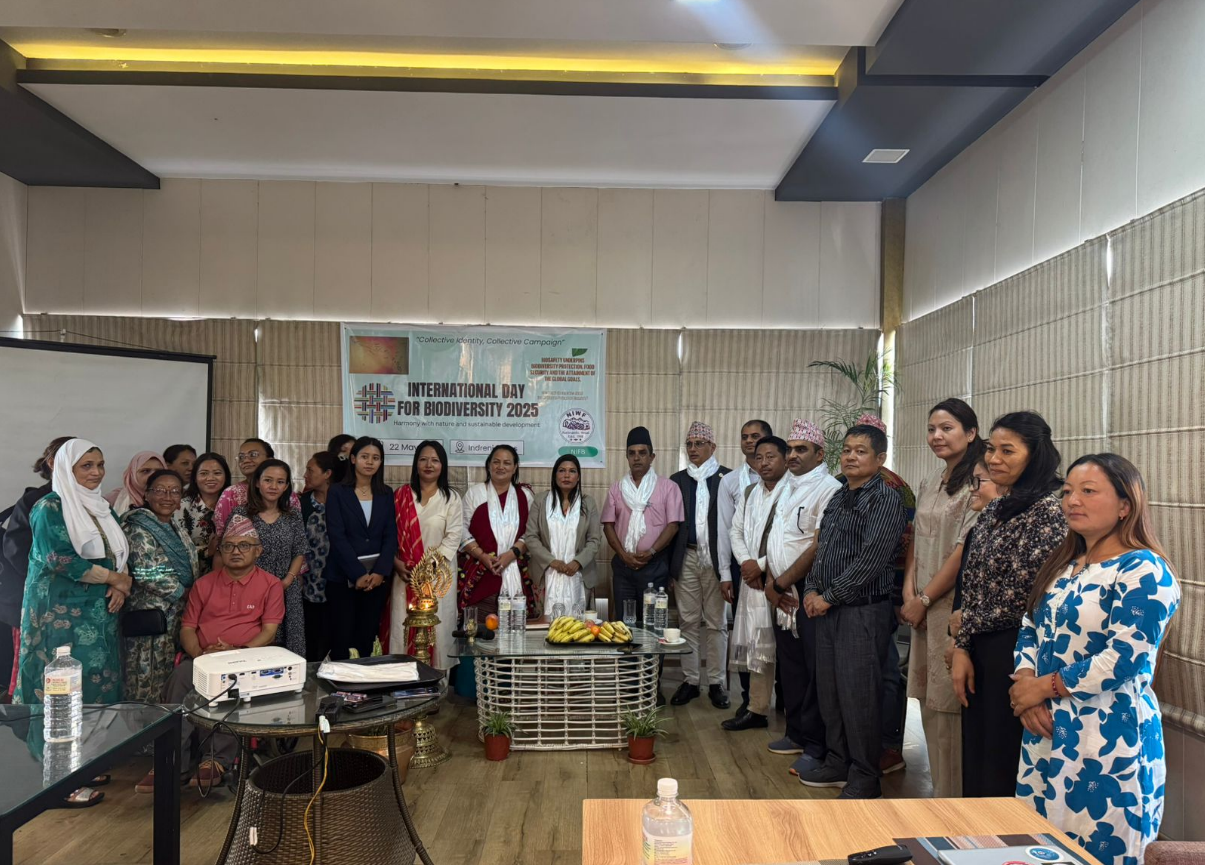
On 22 May 2025, National Indigenous Women Forum (NIWF) celebrated World Biodiversity Day under the global theme, “Harmony with Nature and Sustainable Development.” The event brought together government representatives, development partners, Indigenous leaders, and civil society actors to reaffirm the vital role of Indigenous Peoples in biodiversity conservation and sustainable development. The program was facilitated by Mr. Kamal Kumar Rai, Indigenous rights activist and environmental advocate, who guided the discussions around the intersections of Indigenous knowledge, biodiversity, and policy. The event was graced by Hon. Rupa B.K., State Minister for Forests and Environment, as the Chief Guest. In her remarks, Hon. B.K. acknowledged the historical and ongoing contributions of Indigenous communities in preserving biodiversity and committed to ensuring the inclusion of Indigenous voices in Nepal’s National Biodiversity Strategy and Action Plan (NBSAP).
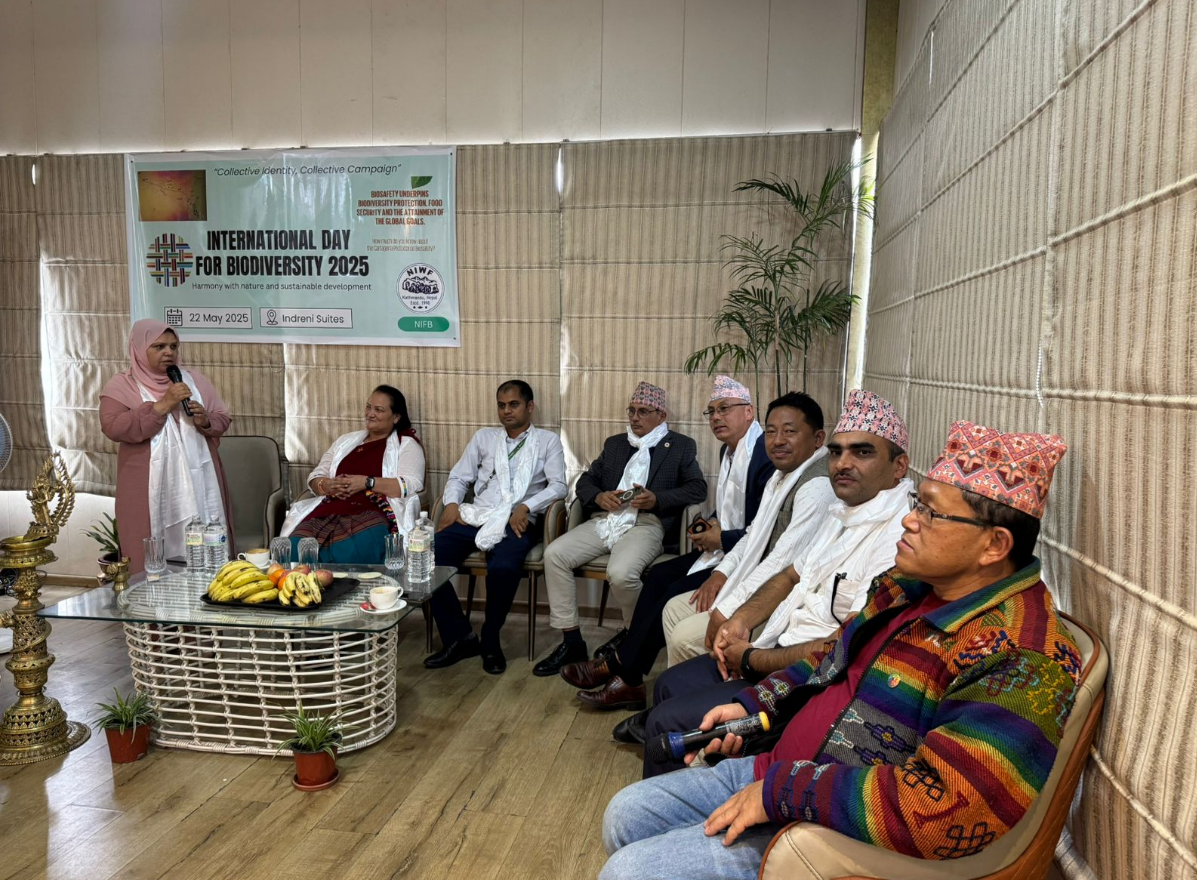
Special guests at the event included: Dr. K.C. Paudel, Team Leader of NBSAP, Mr. Rajendra Dhungana, Under Secretary, Ministry of Forests and Environment, Mr. Raghu Ram Parajuli, Senior Scientific Officer, Department of Plant Resources, Mr. Bijaya Singh, Assistant Resident Representative, UNDP, Mr. Divas Rai, General Secretary, Nepal Federation of Indigenous Nationalities (NEFIN), Ms. Seema Khan, Chairperson, Nepal Muslim Women Welfare Society, Mr. Amrit Sunuwar, Chairperson, Sunuwar Samaj, Mr. Fulman Bal, General Manager, Nepal Television.
Each speaker shared valuable insights on the importance of World Biodiversity Day and reaffirmed their commitment to promoting inclusive, rights-based, and ecologically balanced development. They highlighted the urgent need to protect Indigenous knowledge systems, land rights, and traditional practices as essential components of biodiversity conservation. The program concluded with closing remarks by Ms. Suni Lama, Chairperson of NIWF, who expressed gratitude to all participants and reaffirmed NIWF’s commitment to advocating for the inclusion of Indigenous perspectives in national and global environmental policies.
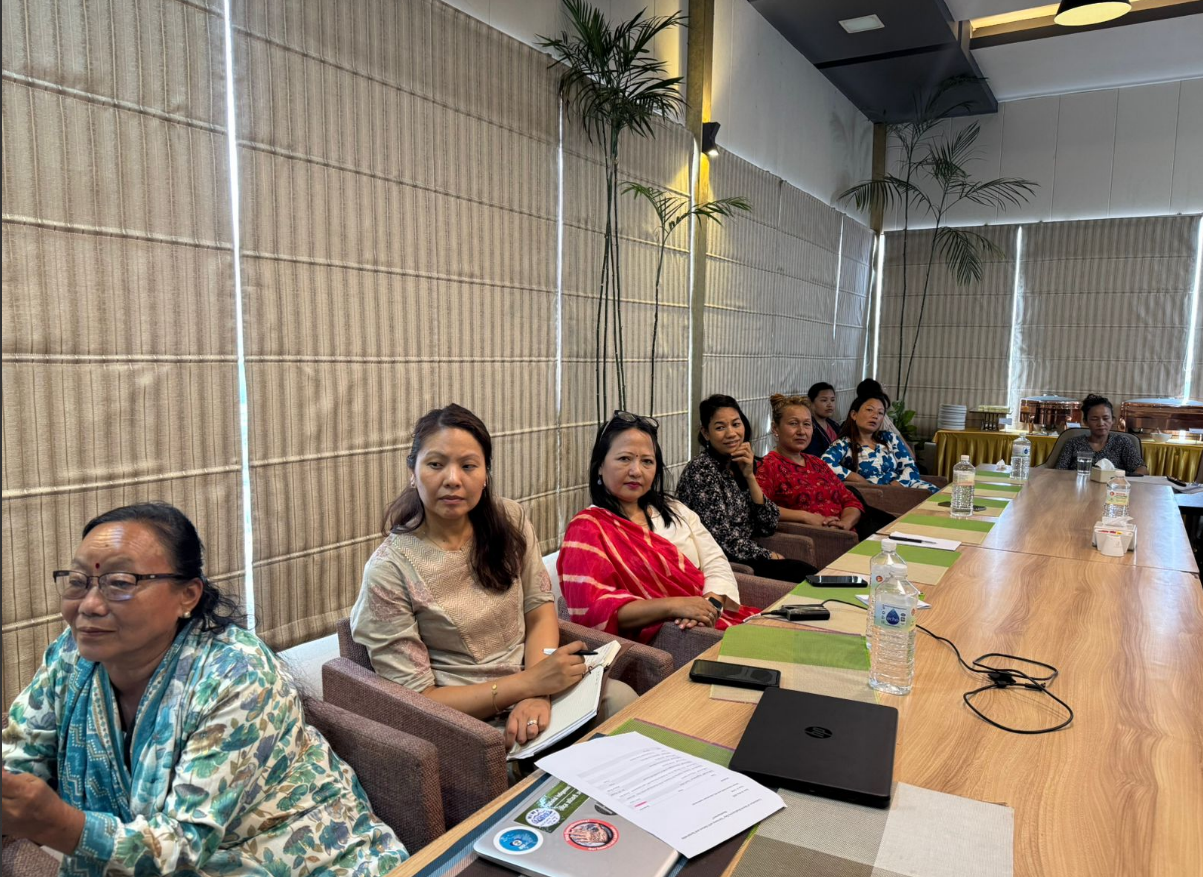
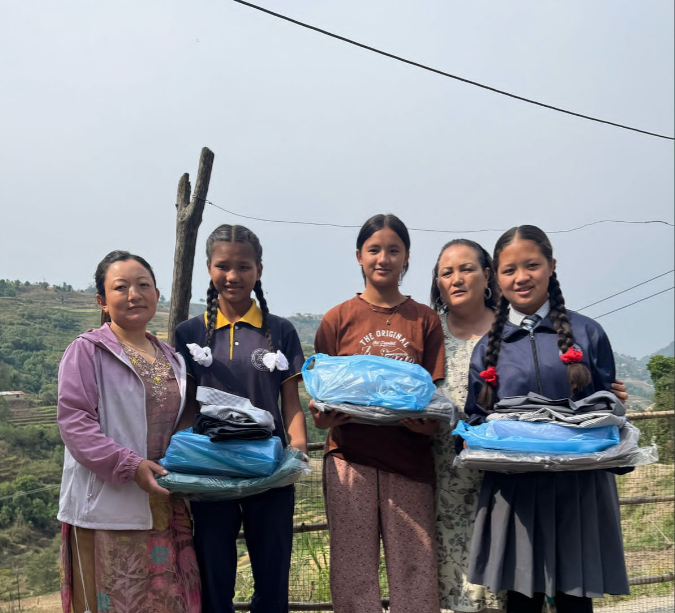
National Indigenous Women Forum (NIWF), with the support of MADRE, distributed educational materials including school uniforms, shoes, bags, stationery, and rice to three Indigenous girl students at Bishambhara, Ward No. 5 of Shankharapur Municipality, Kathmandu. Ms. Suni Lama, Chairperson of NIWF, handed over the materials to the recipients under the Indigenous Girls Opportunity Fund (IGOF).
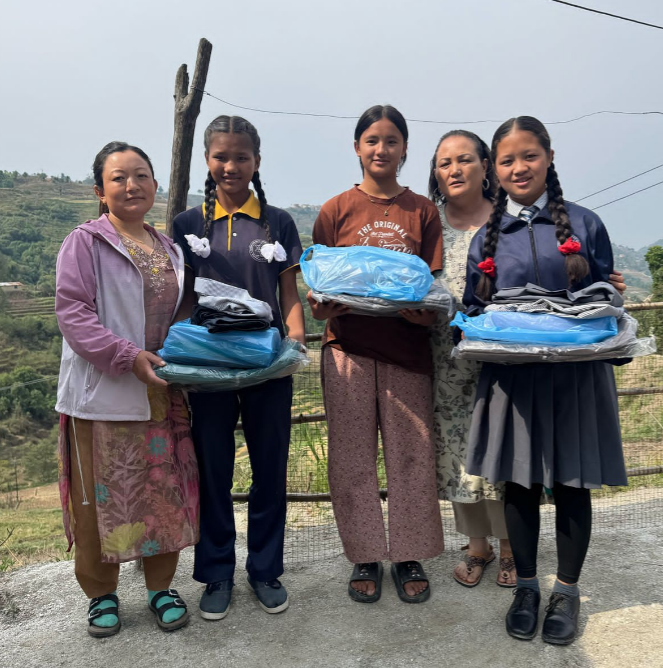
National Indigenous Women Forum (NIWF) with the support of MADRE, provided educational scholarships to two Thami girls from Kalinchok Rural Municipality, Dolakha. The support included school uniforms, shoes, school bags, notebooks, pens, and pencils. The scholarship recipients, currently studying in Grades 4 and 8, received the materials during a distribution event held on Wednesday in Sundrawati, Ward No. 9.
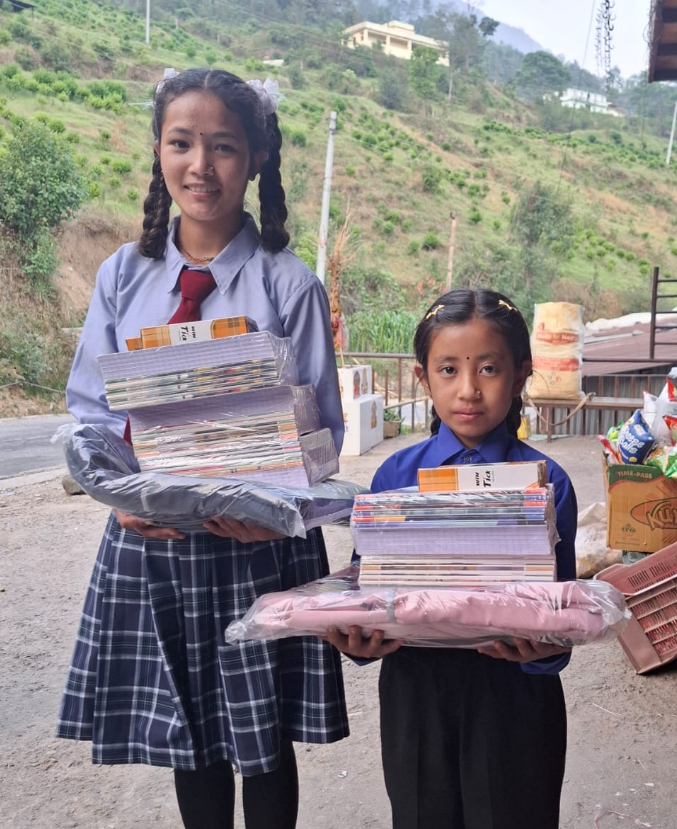
The scholarship is part of the Indigenous Girls Opportunity Fund (IGOF), which was established in 2023. Since its inception, the Fund has been awarding annual scholarships to diligent and economically marginalized Indigenous students through NIWF. In addition to the educational supplies, the scholarship also covered the full tuition fees for the academic year for both students ensuring they can continue their education without financial barriers.
